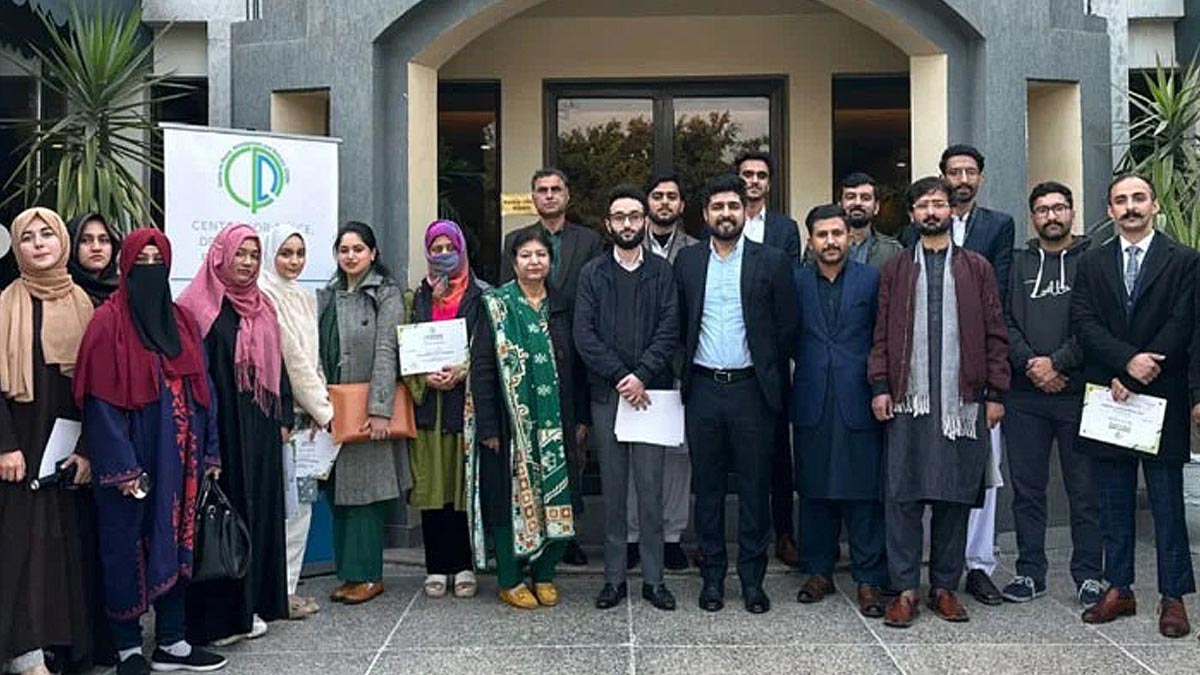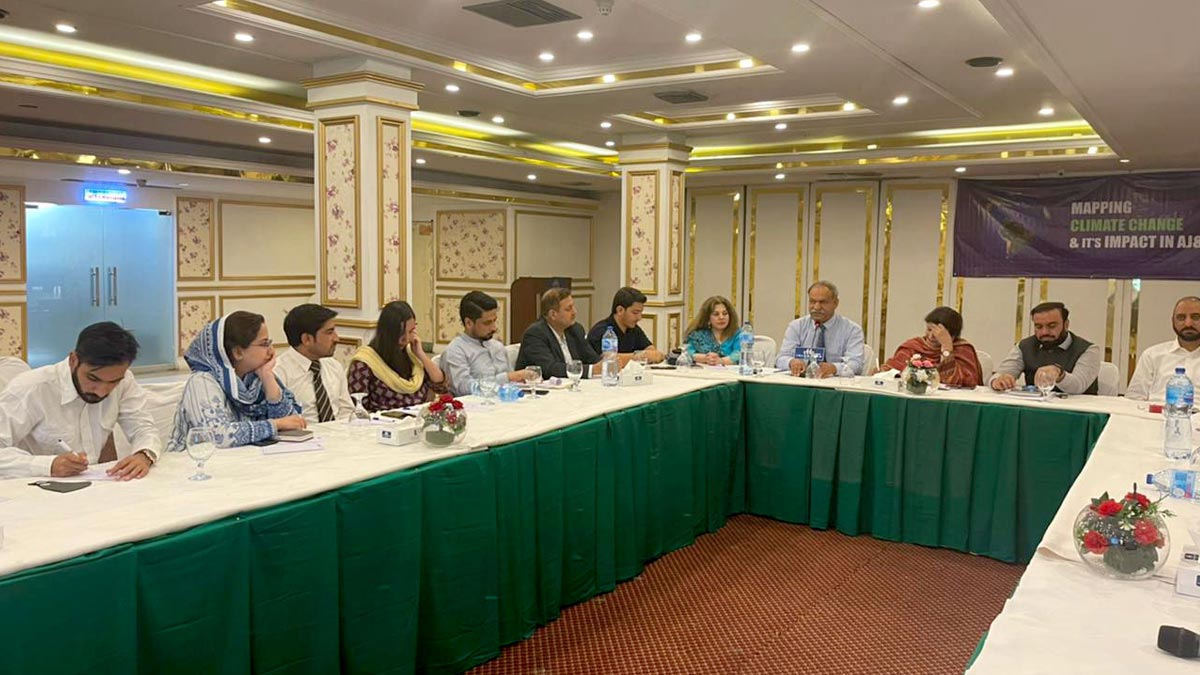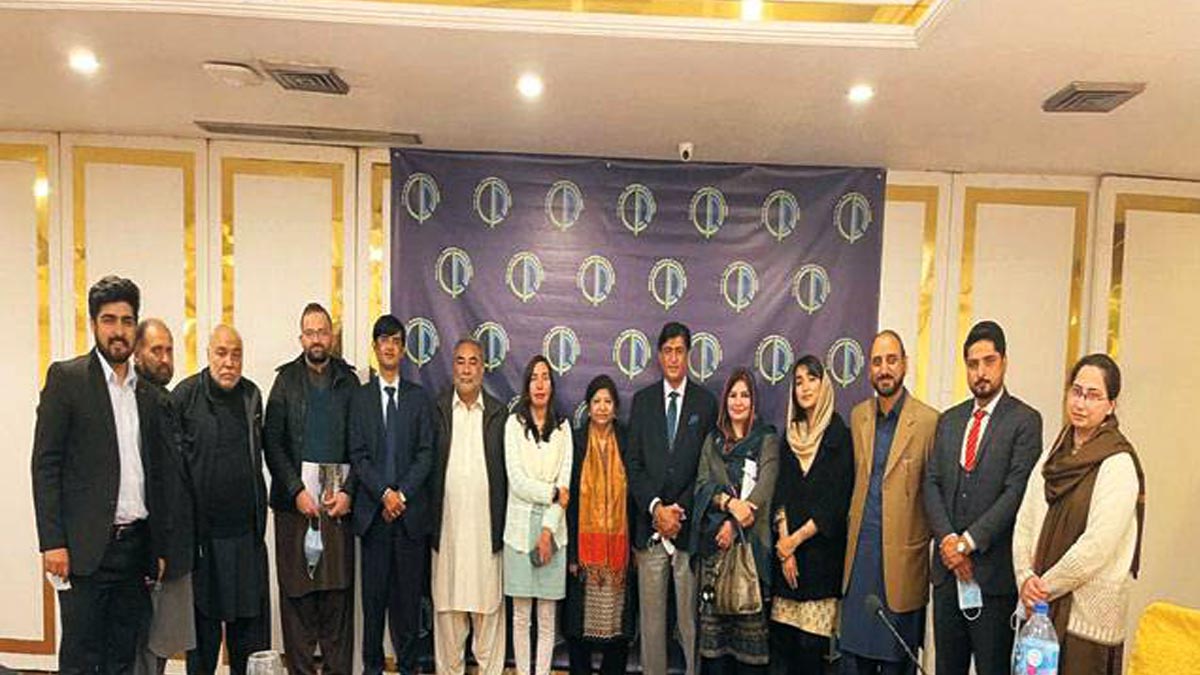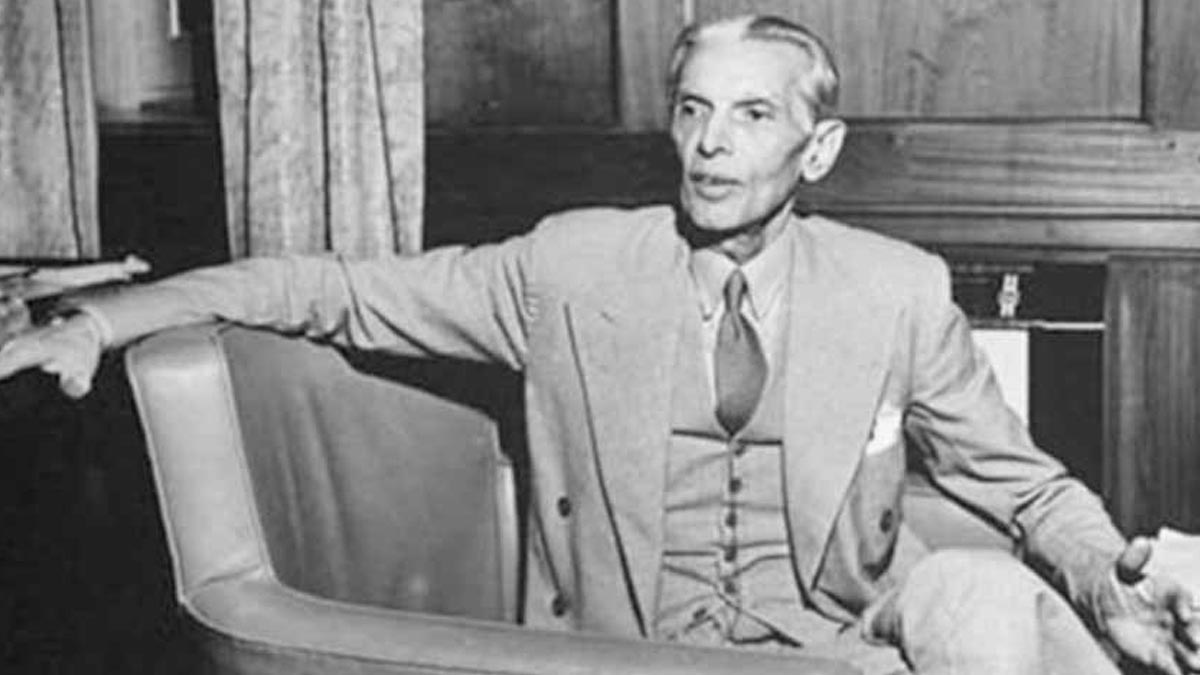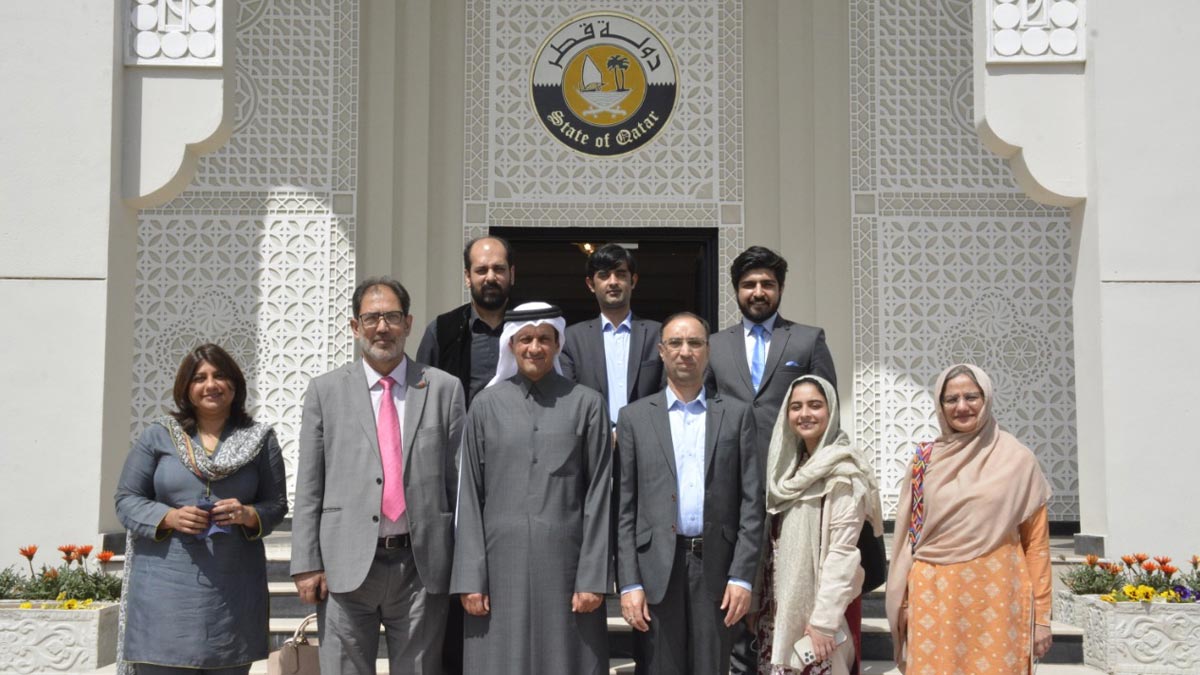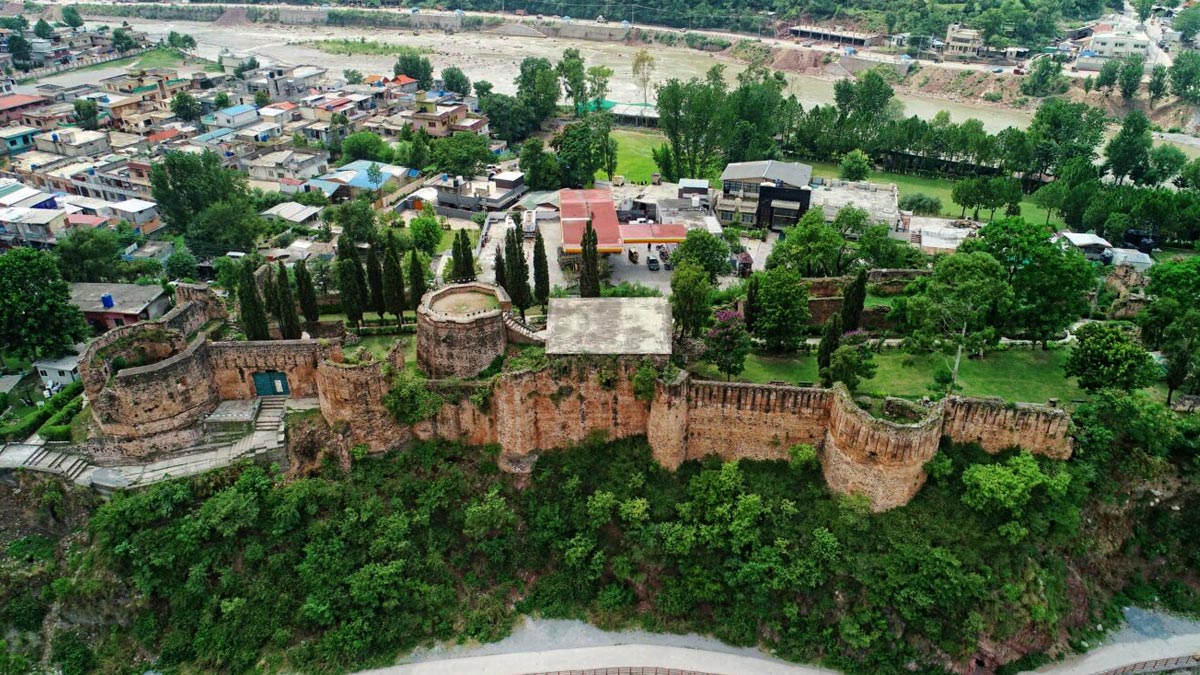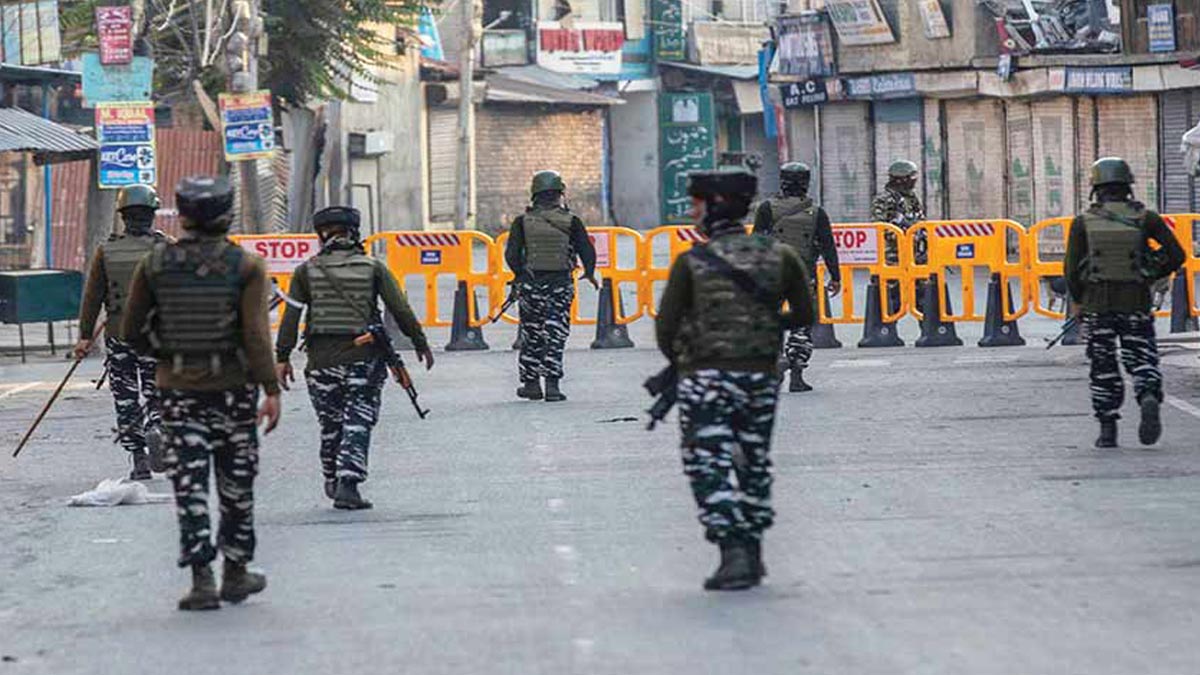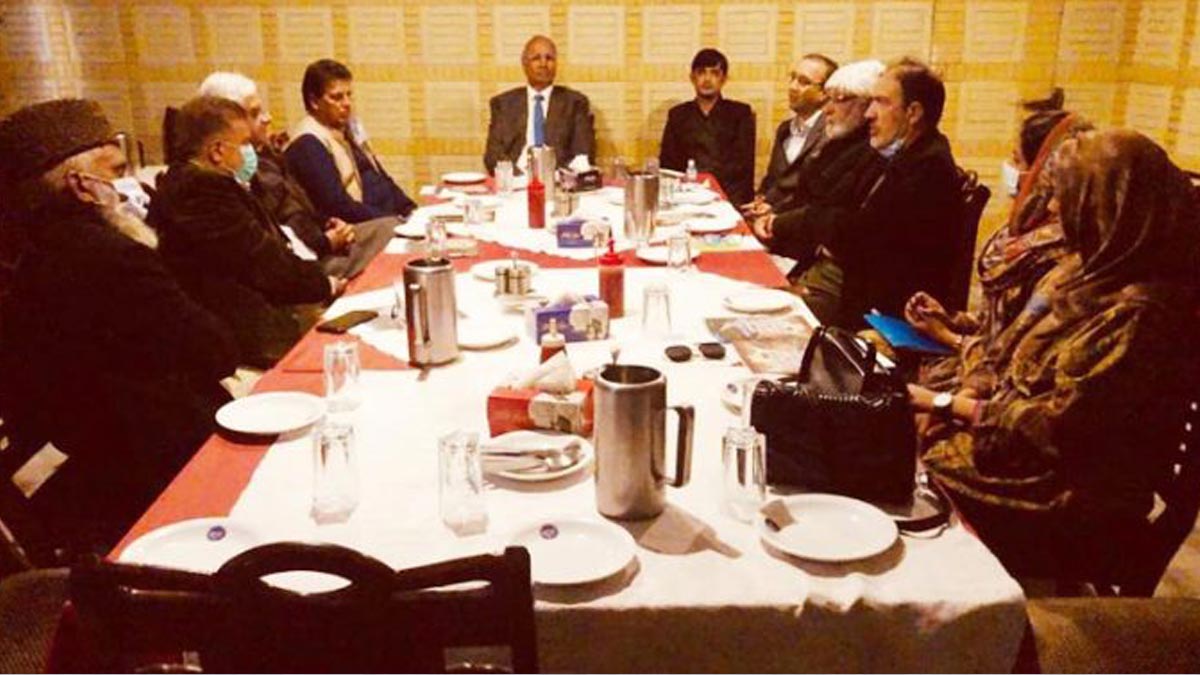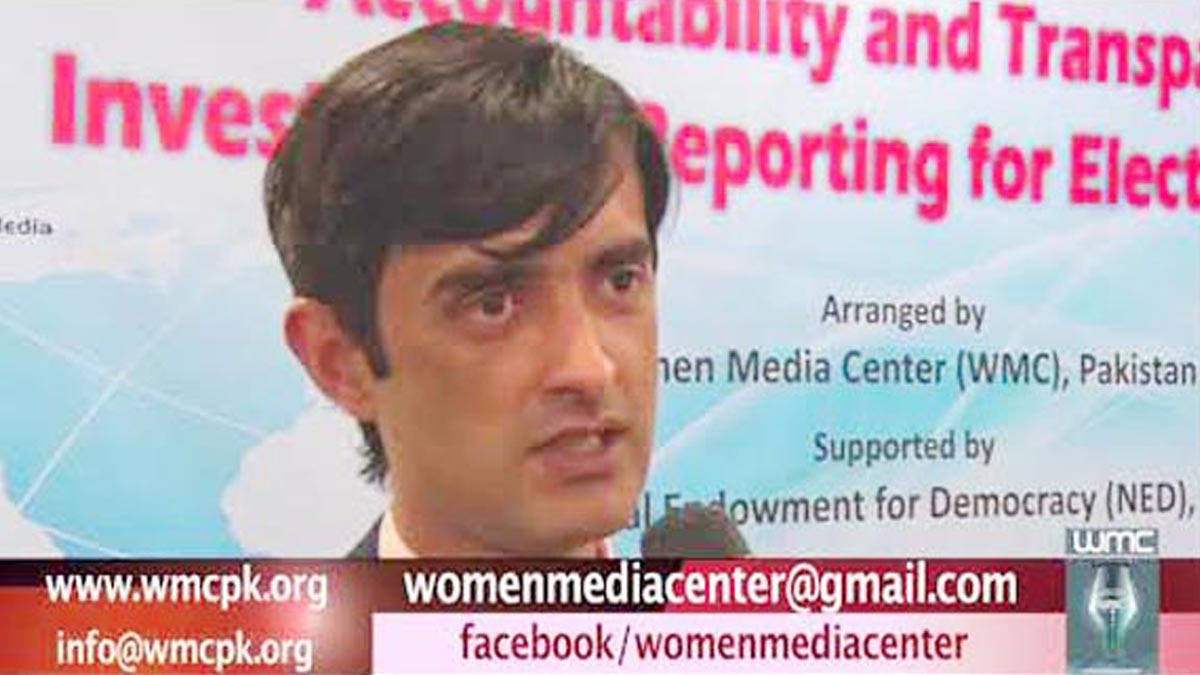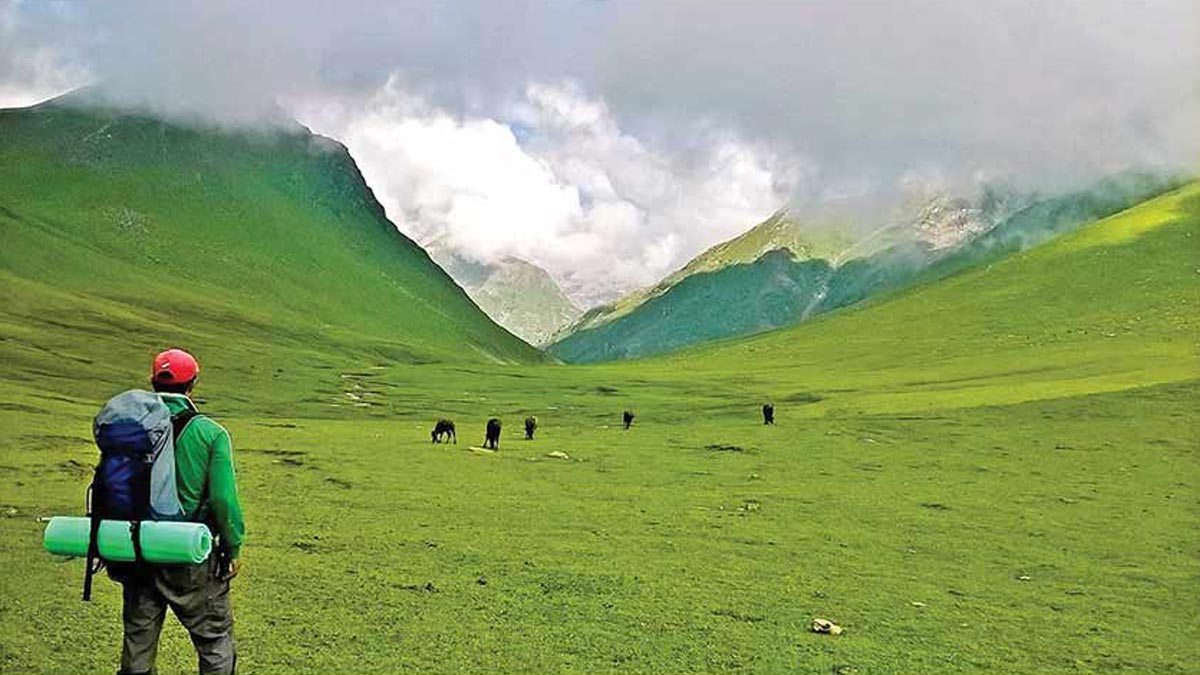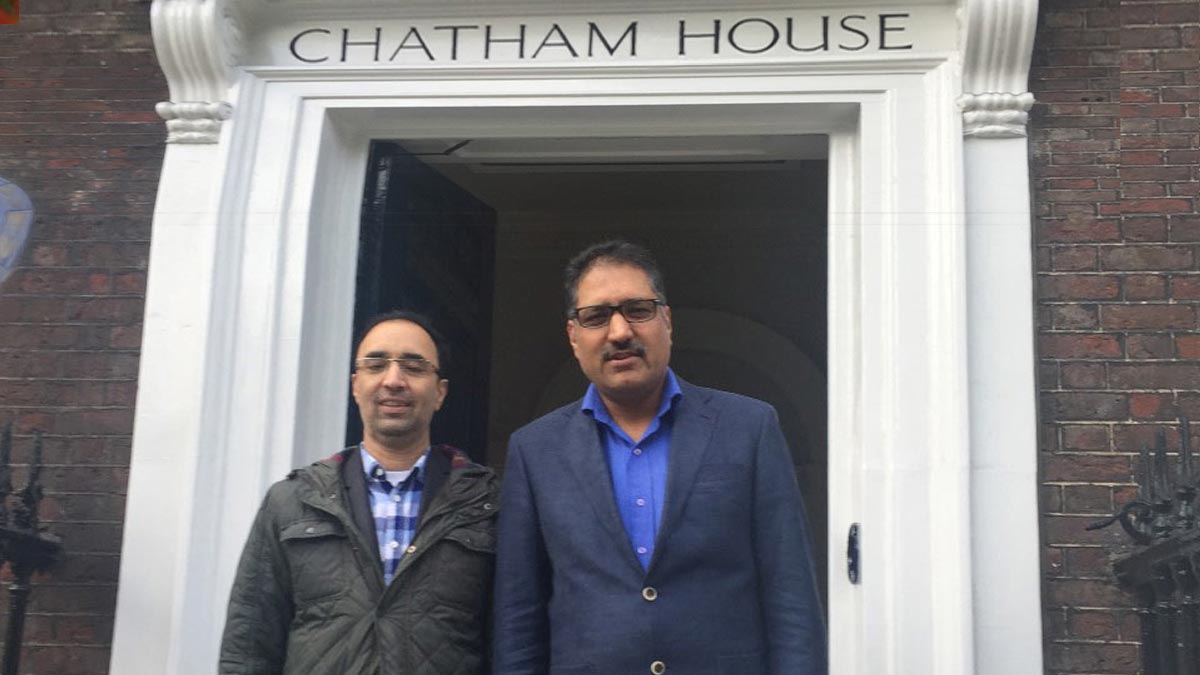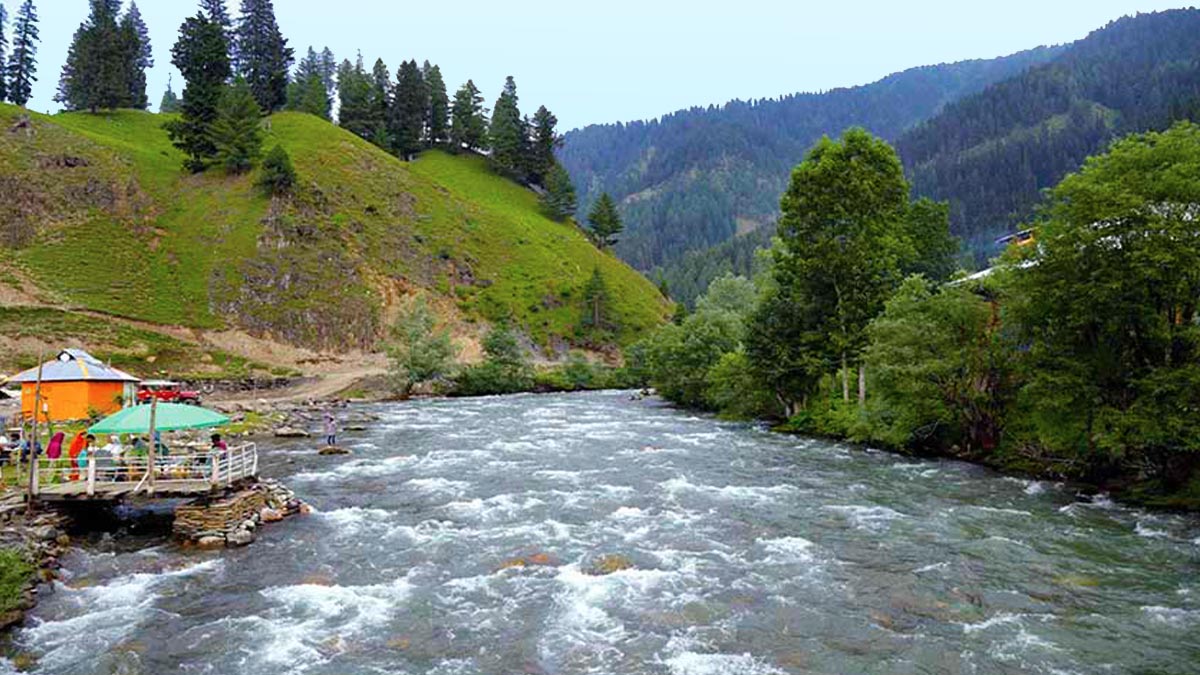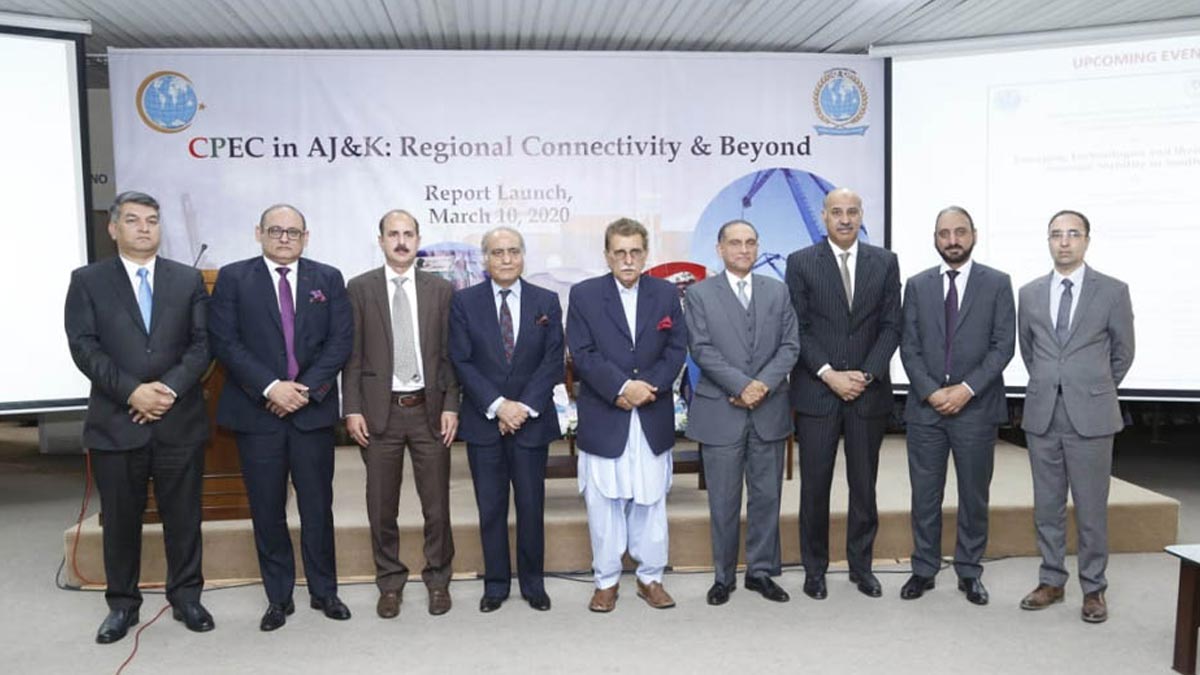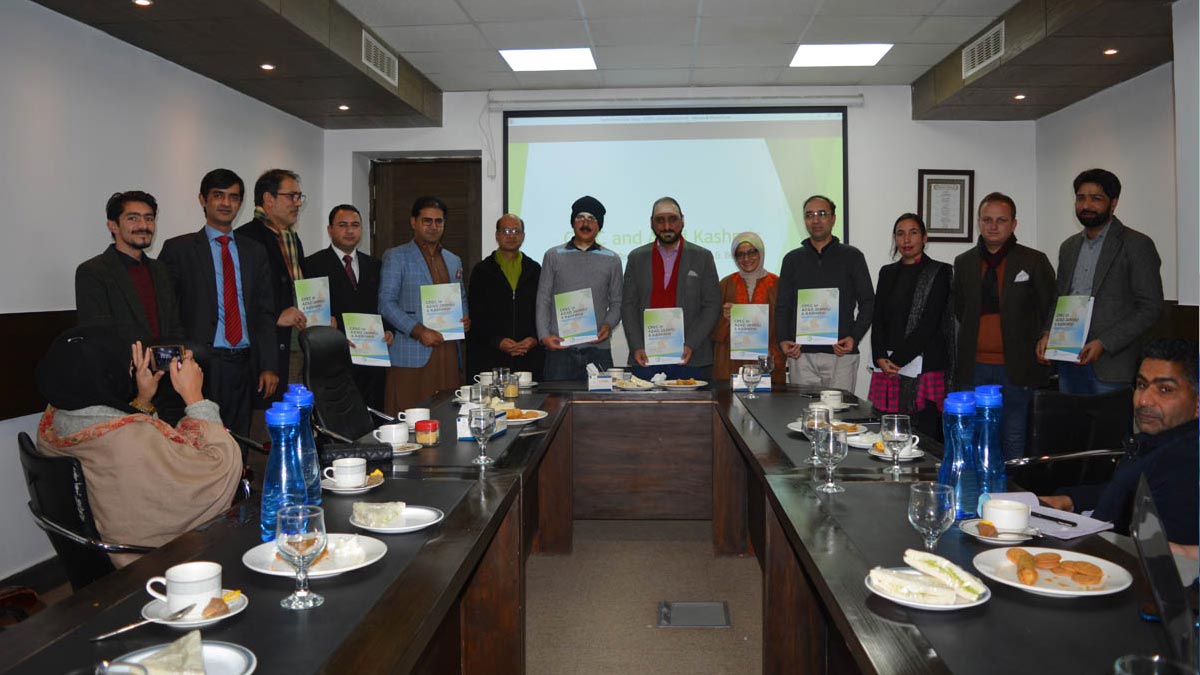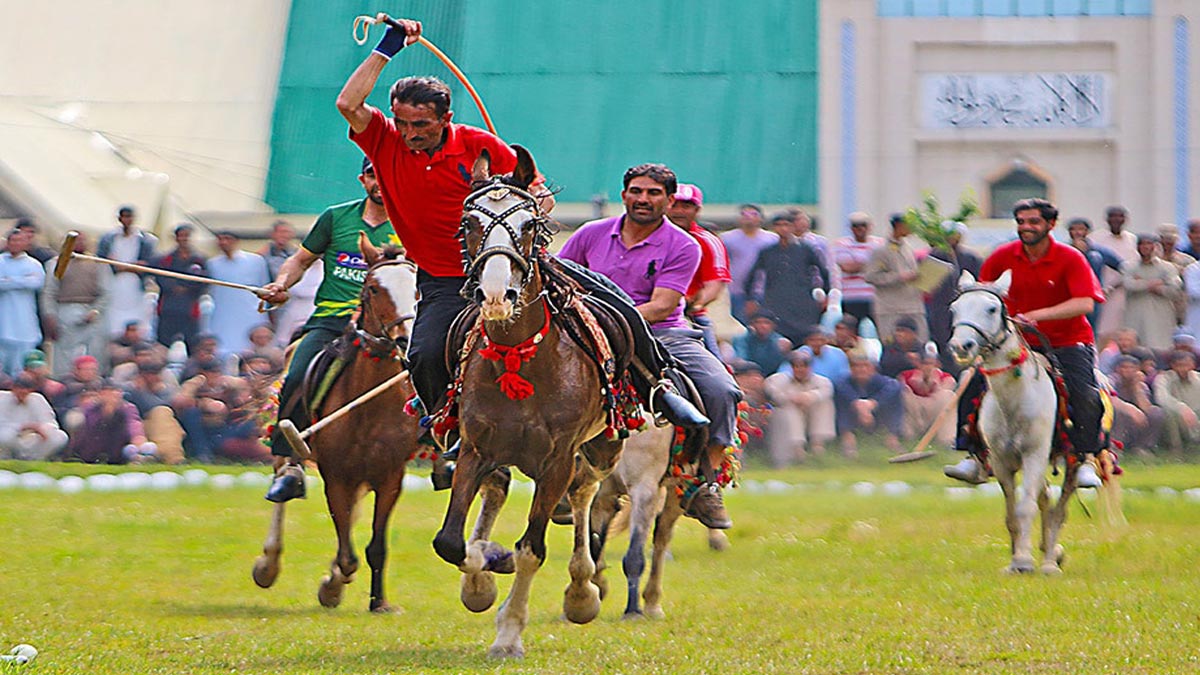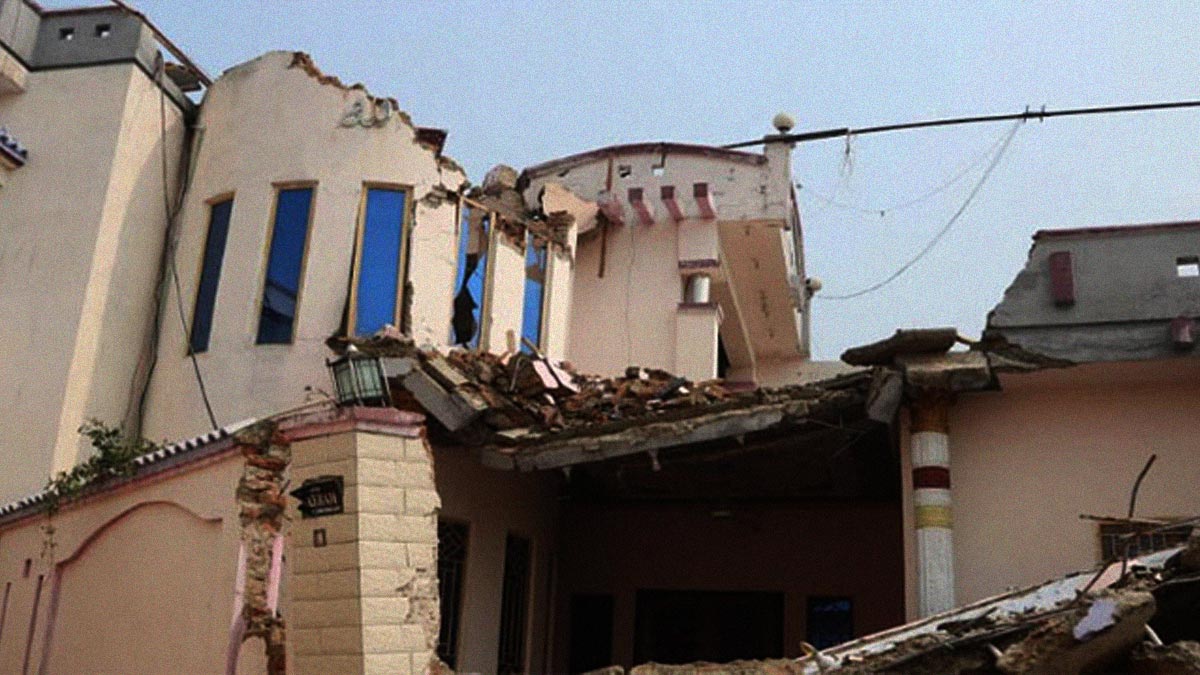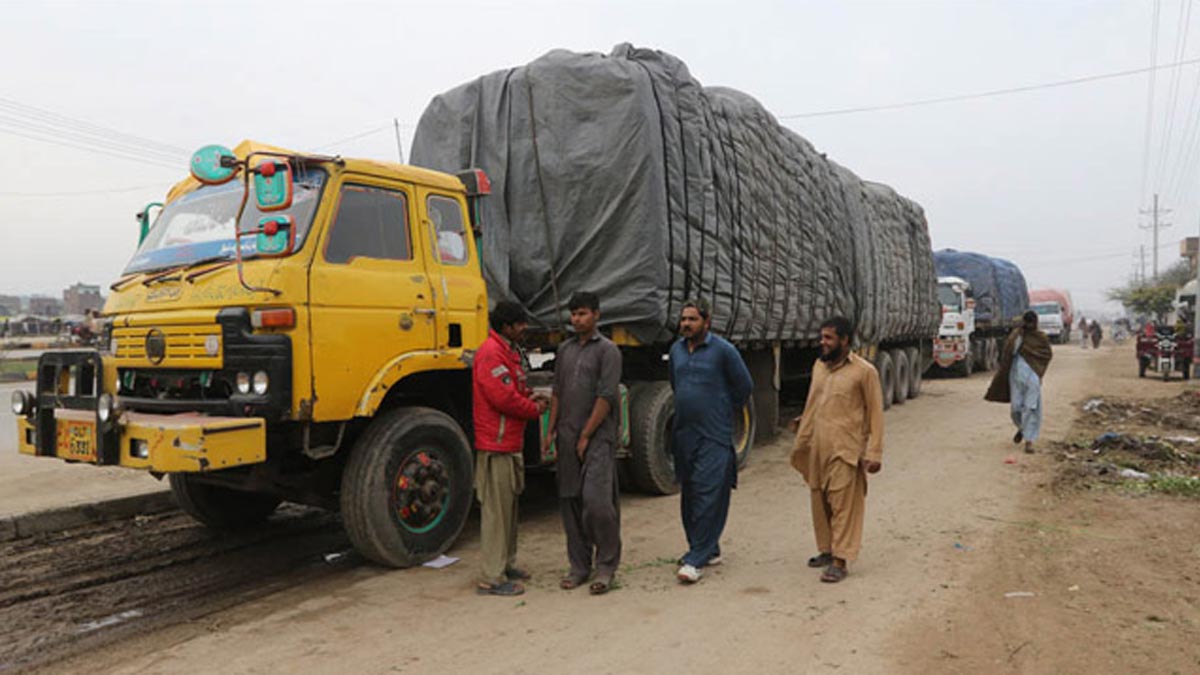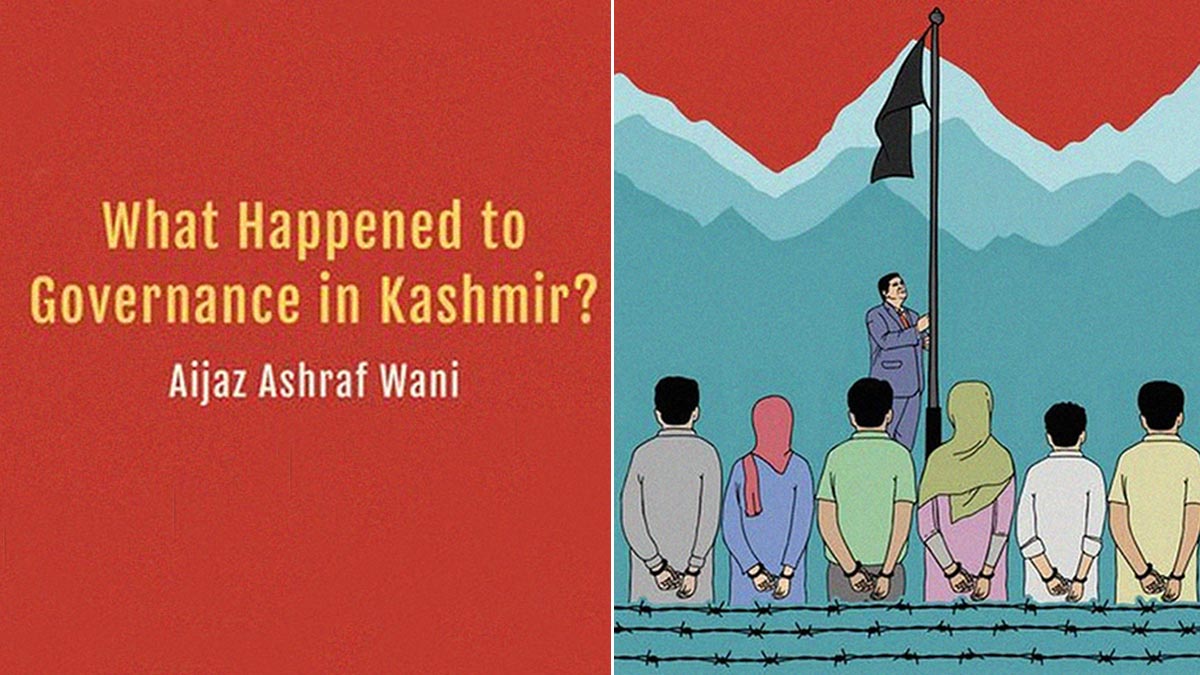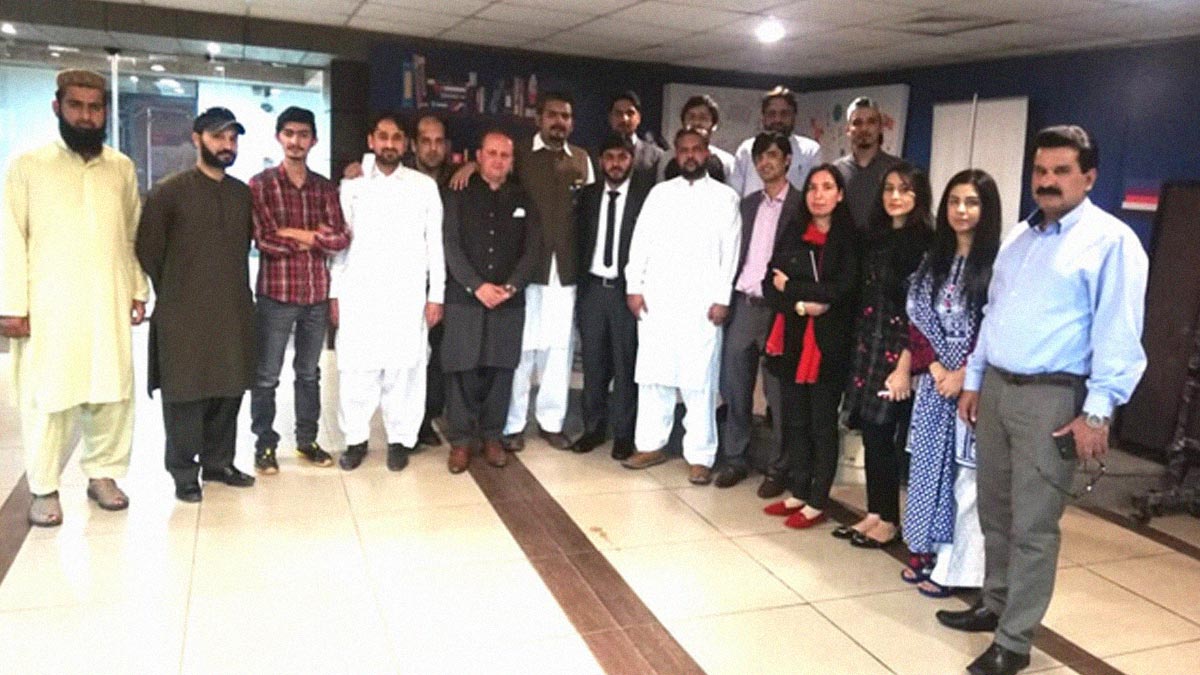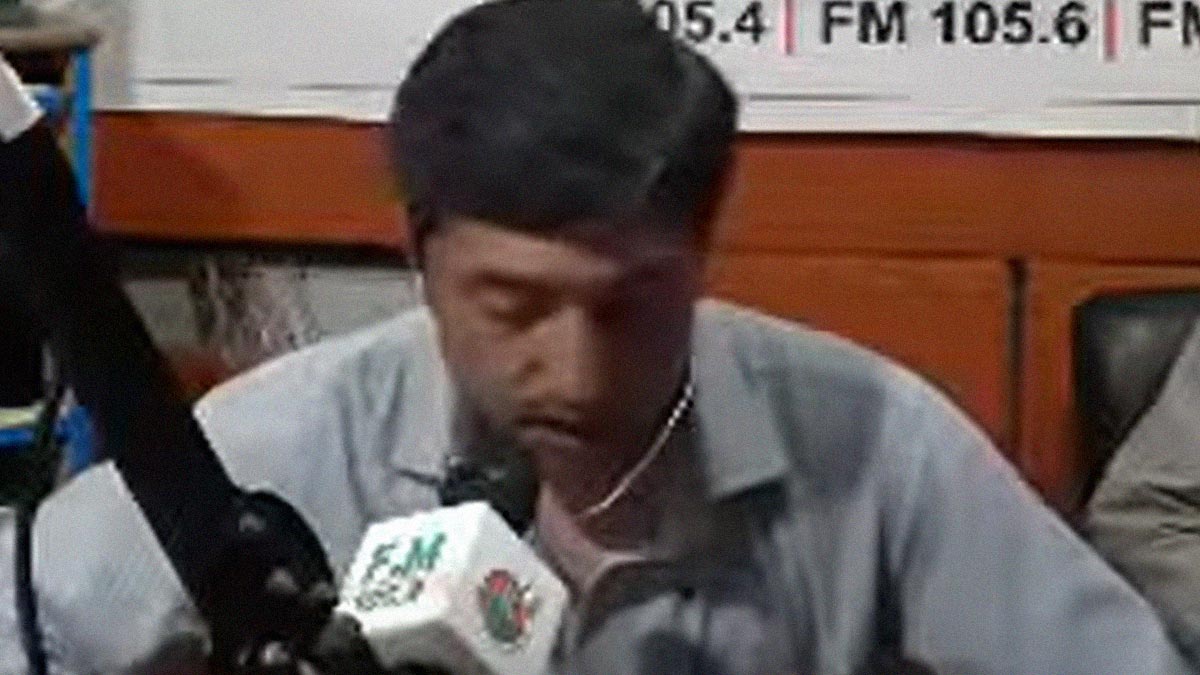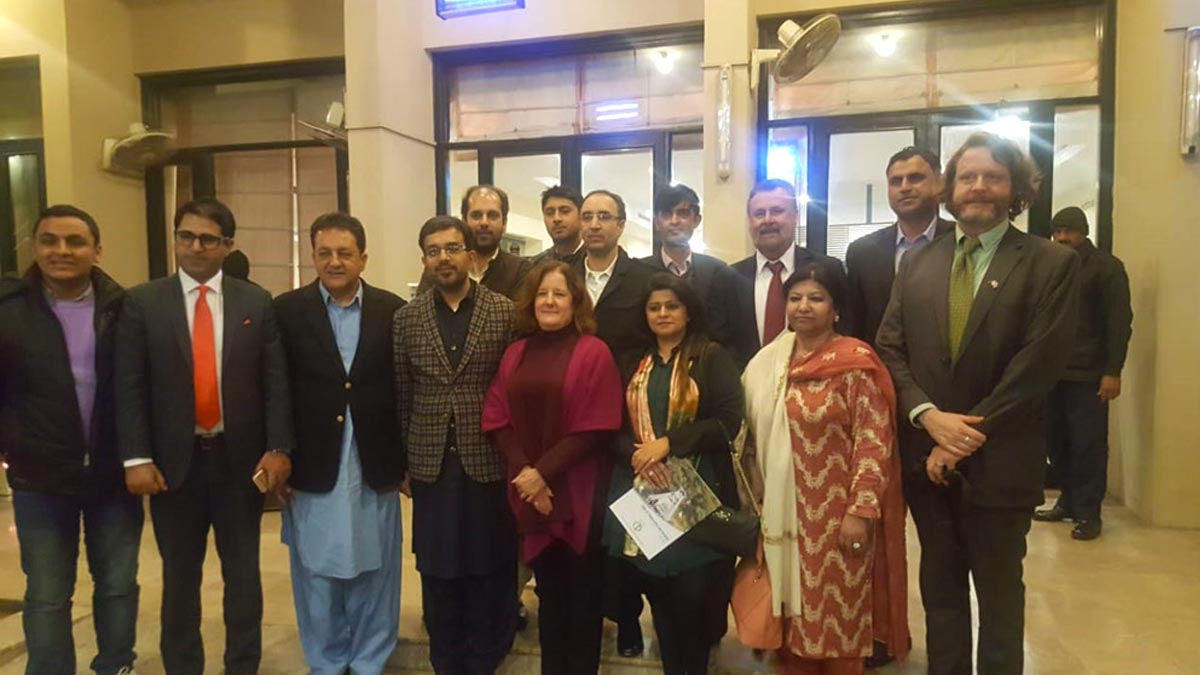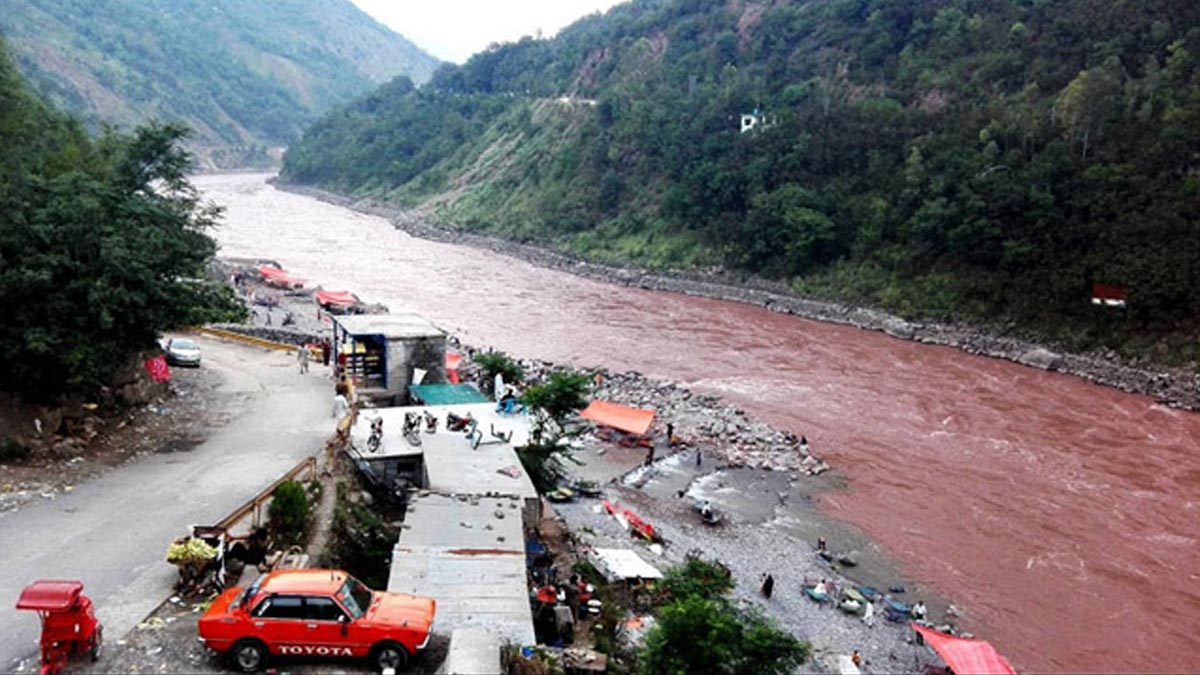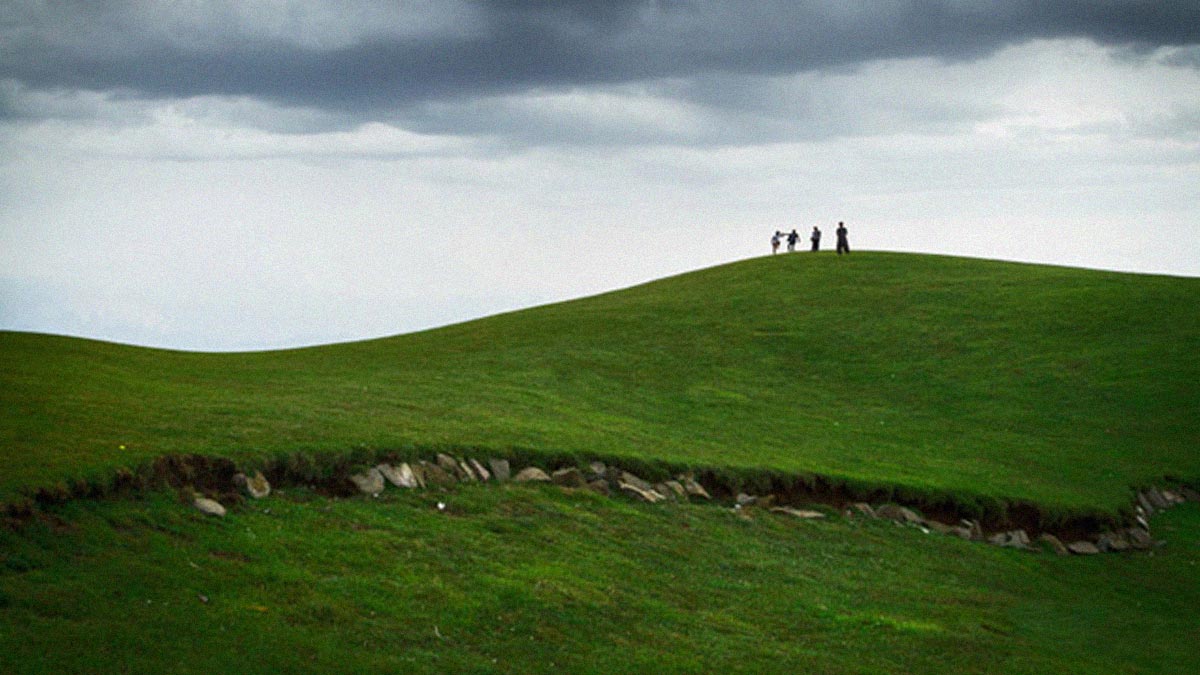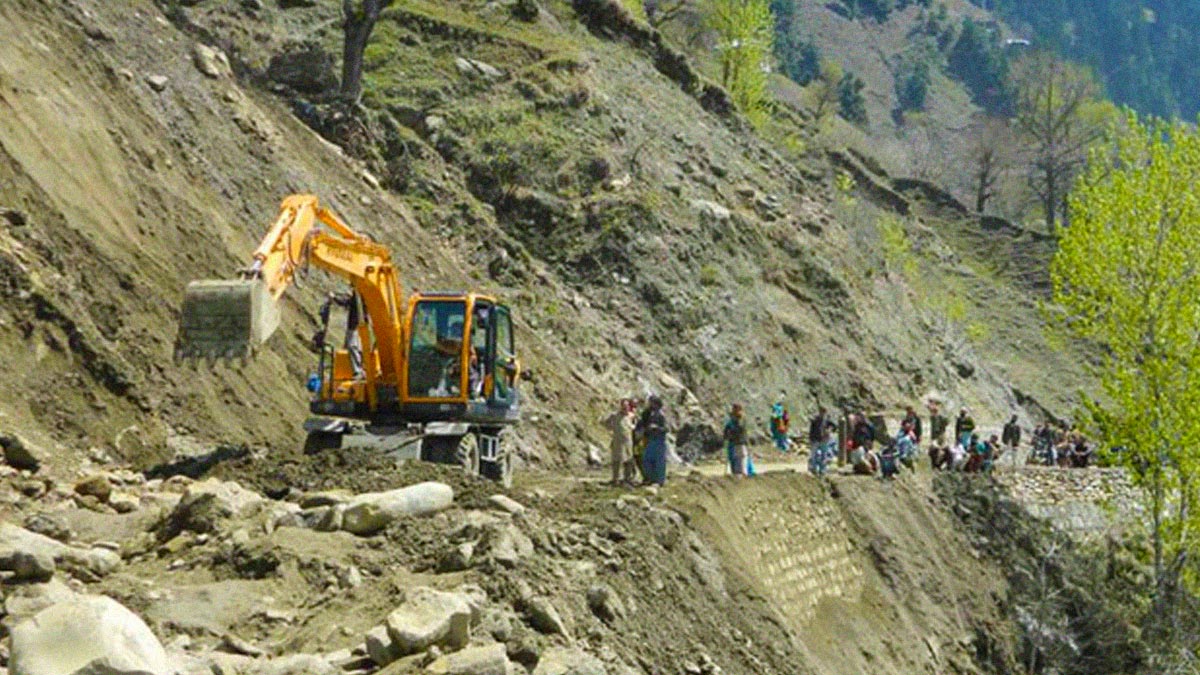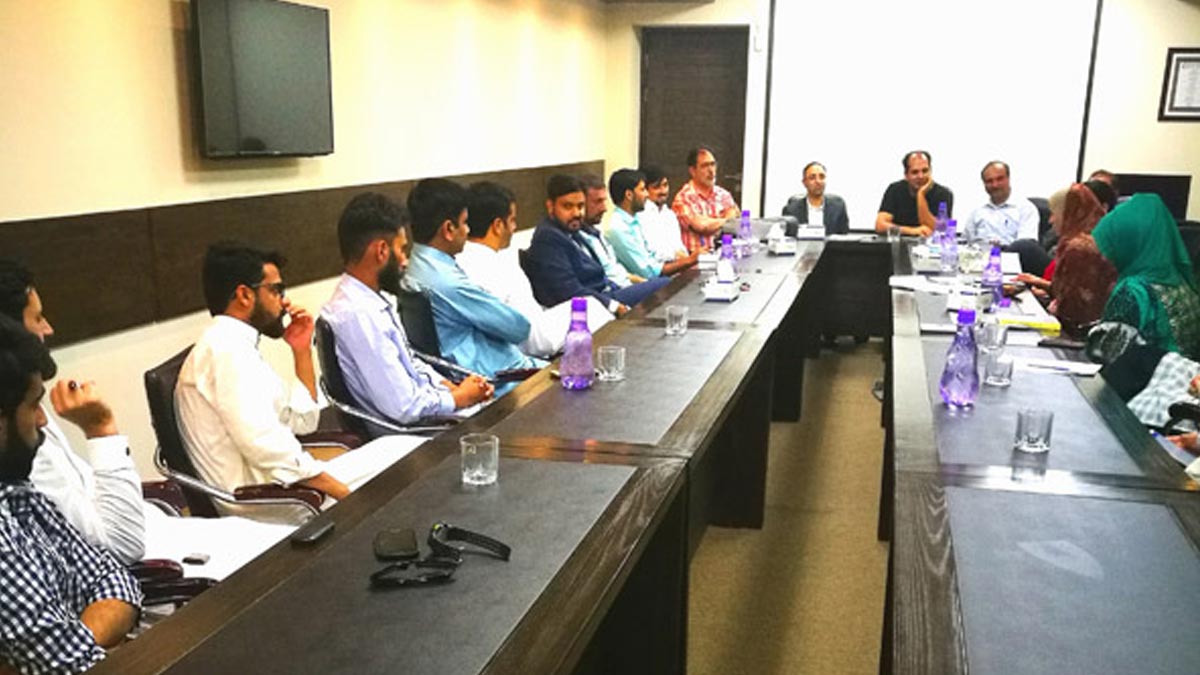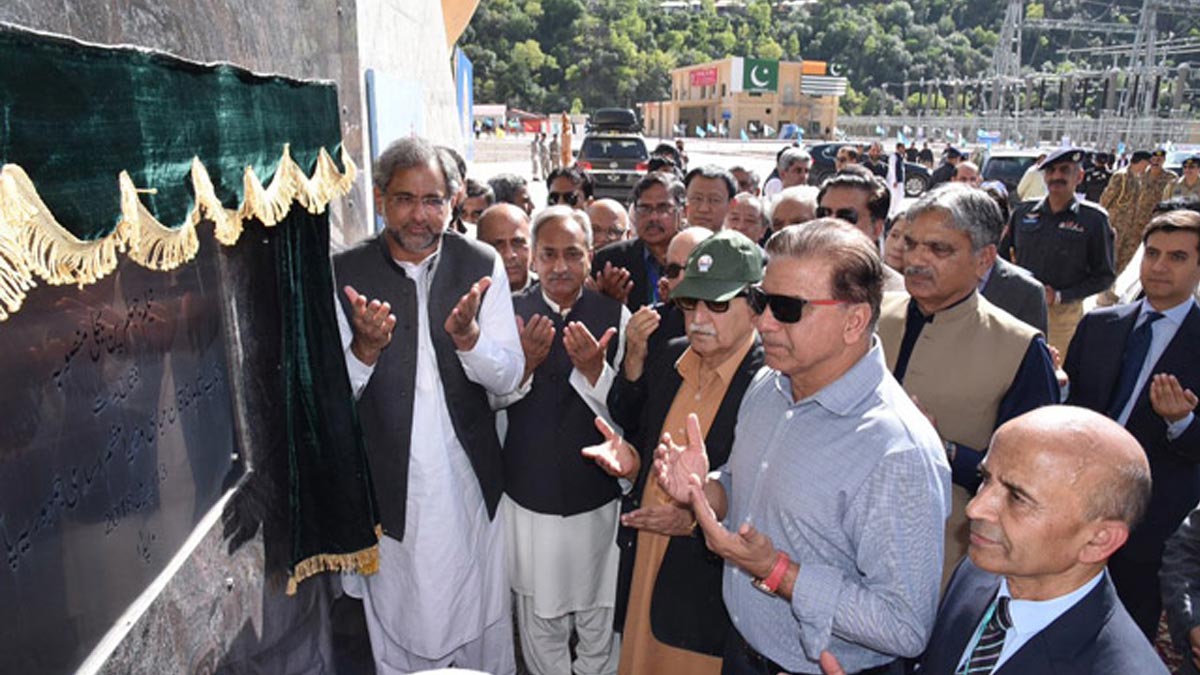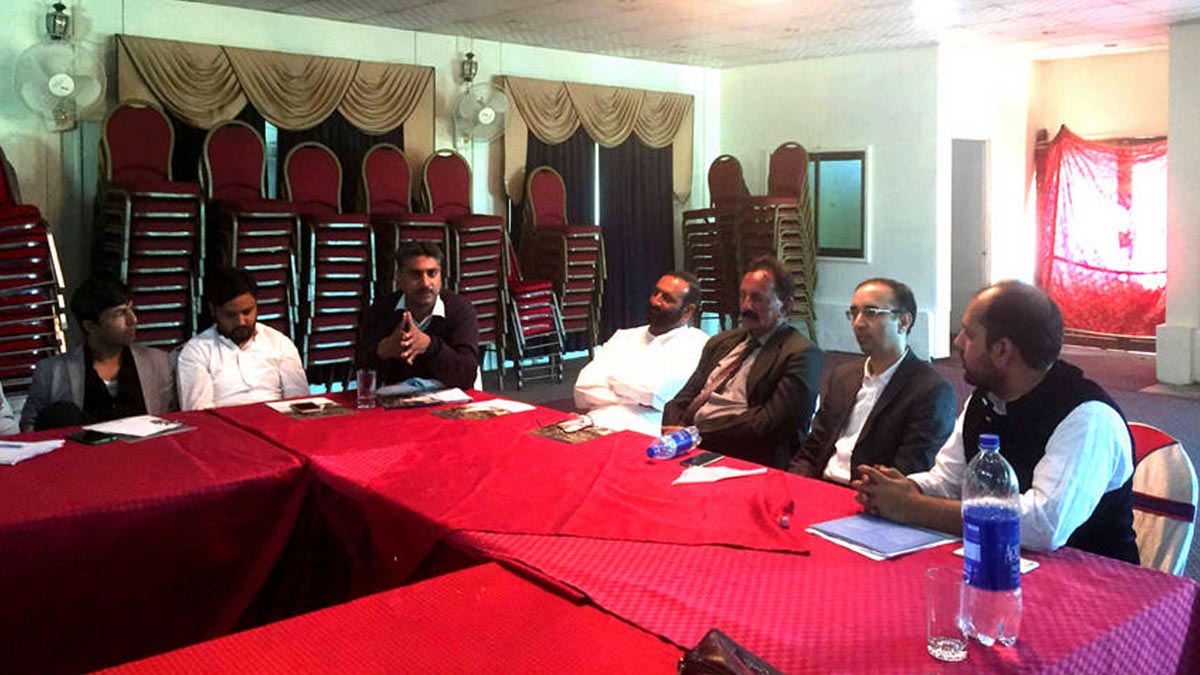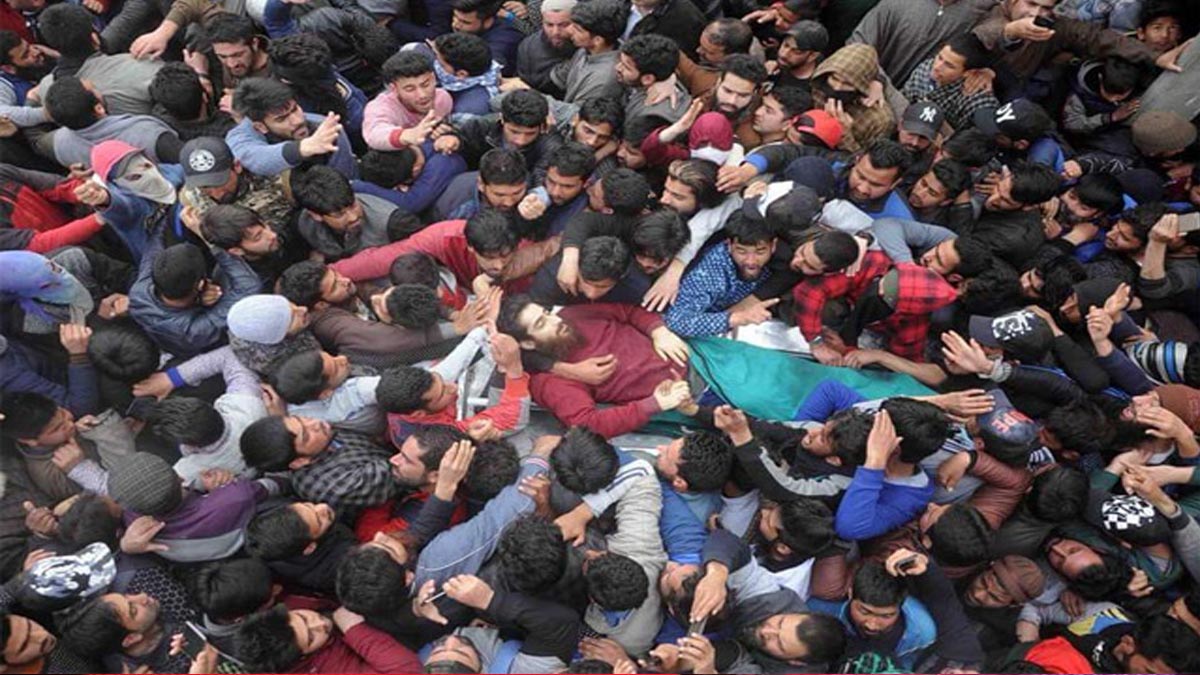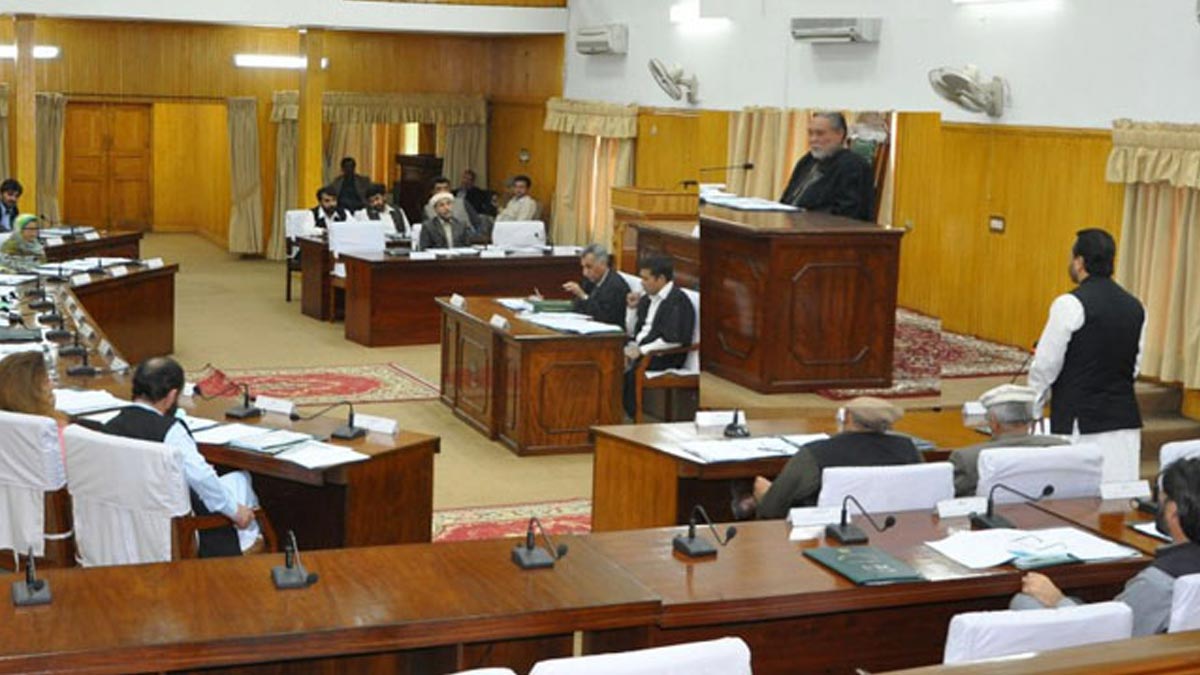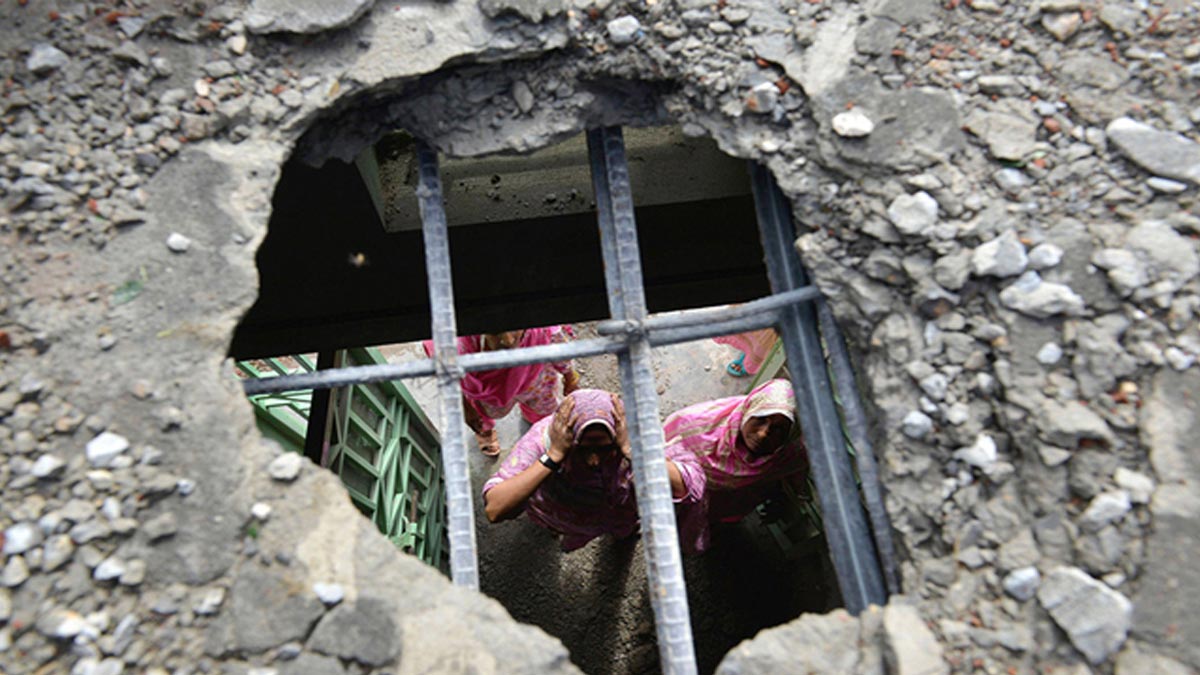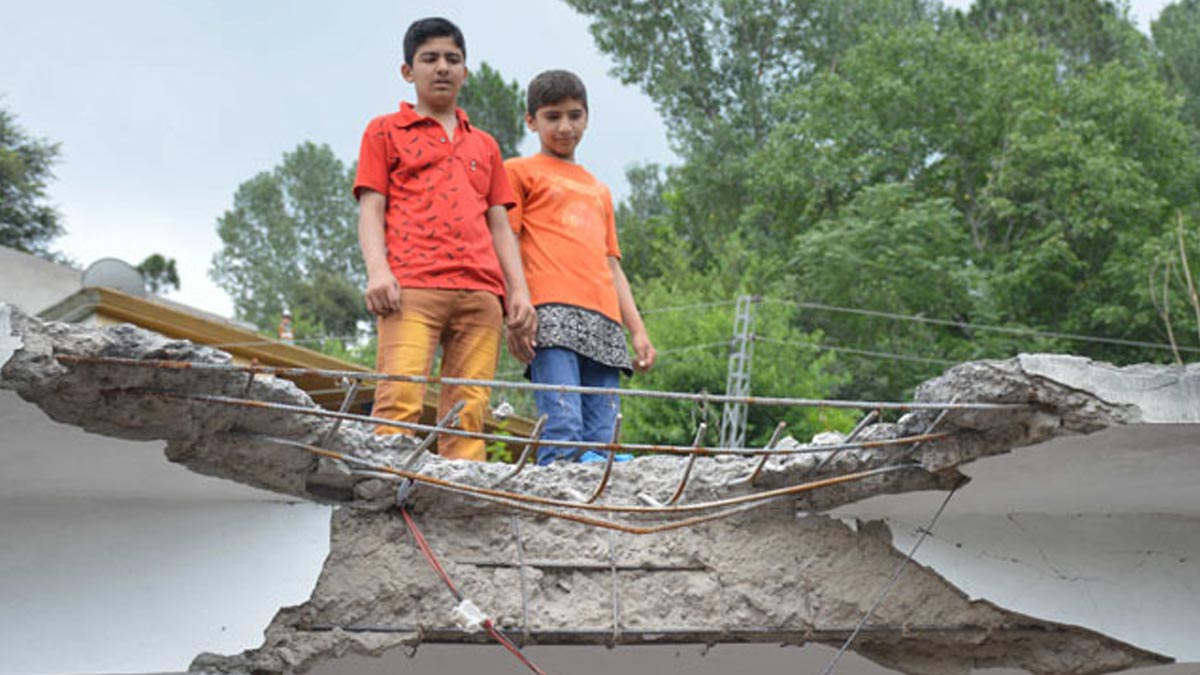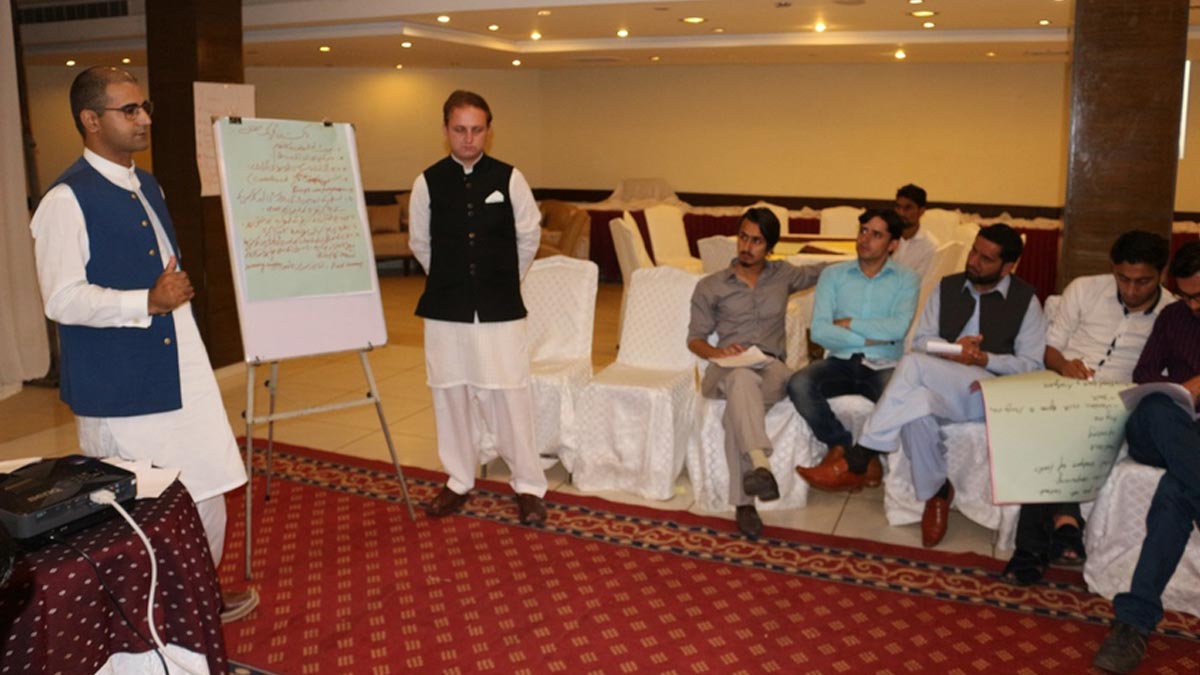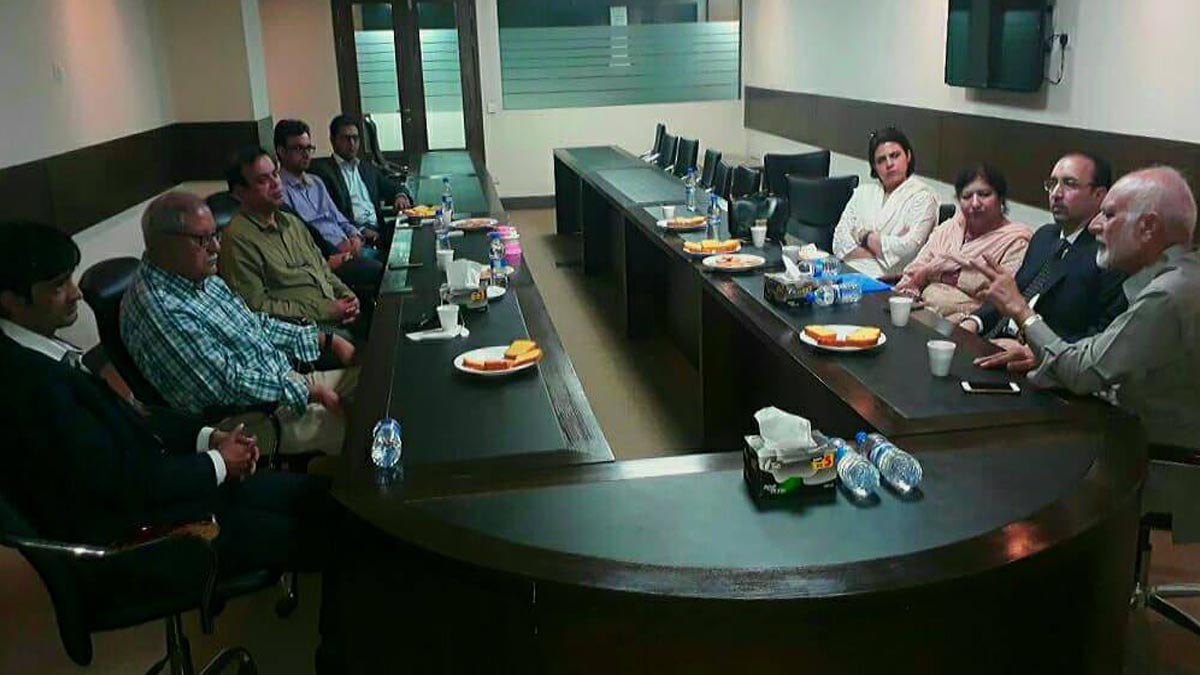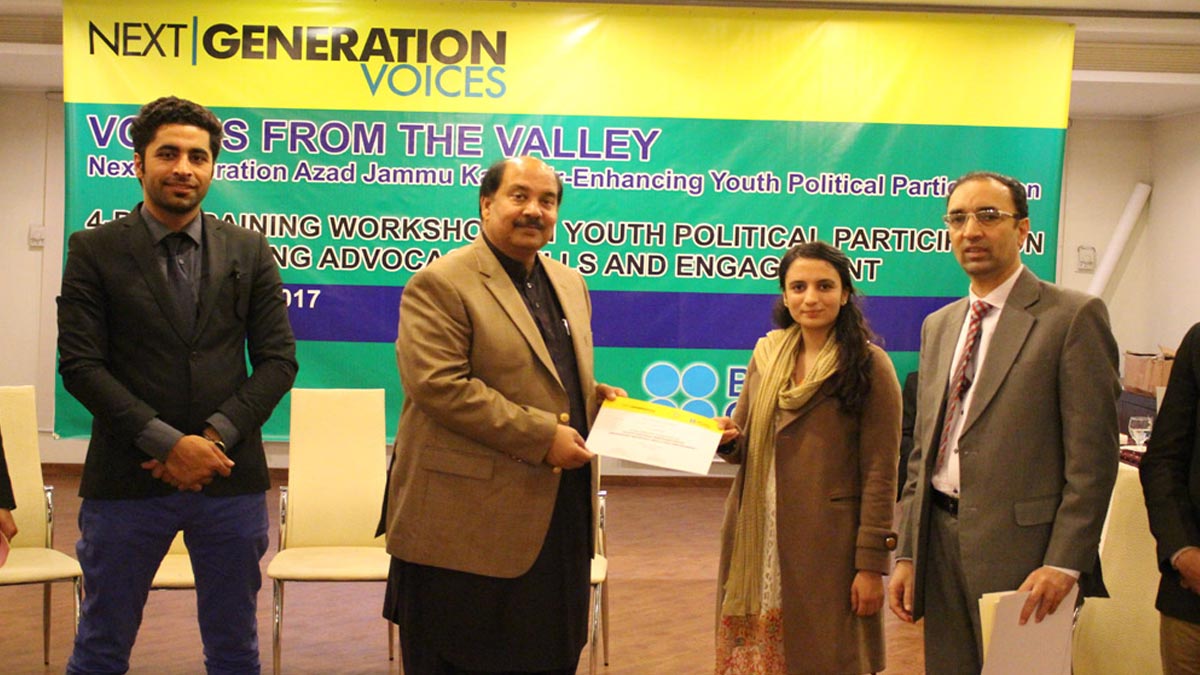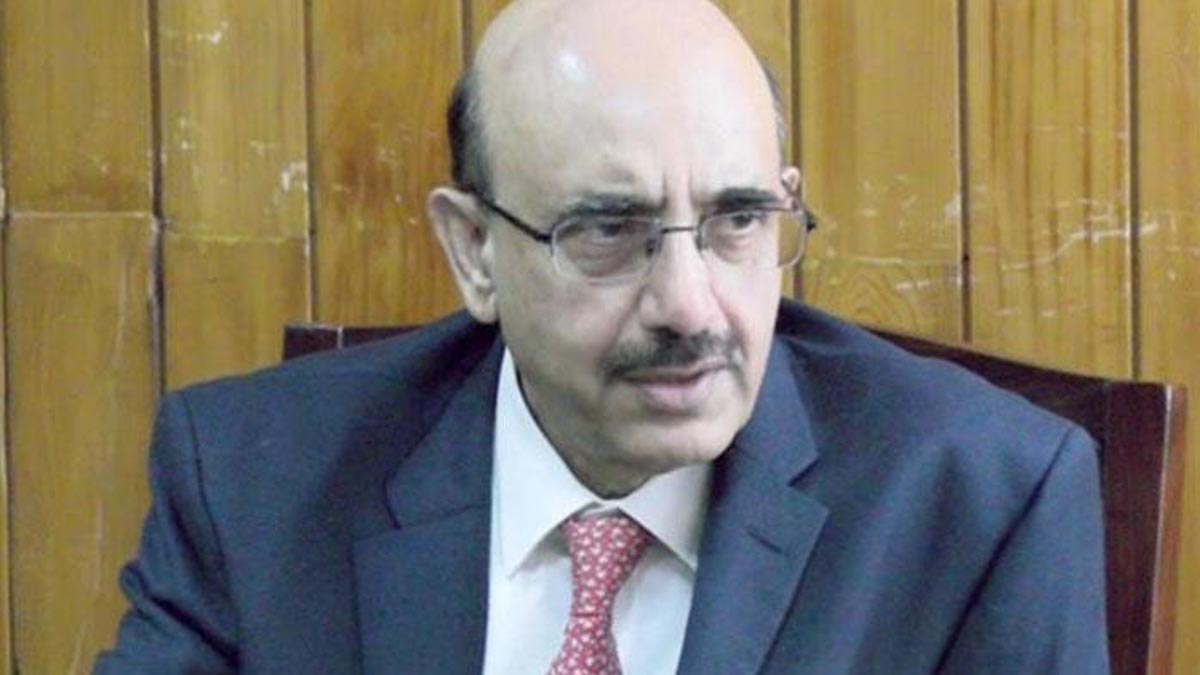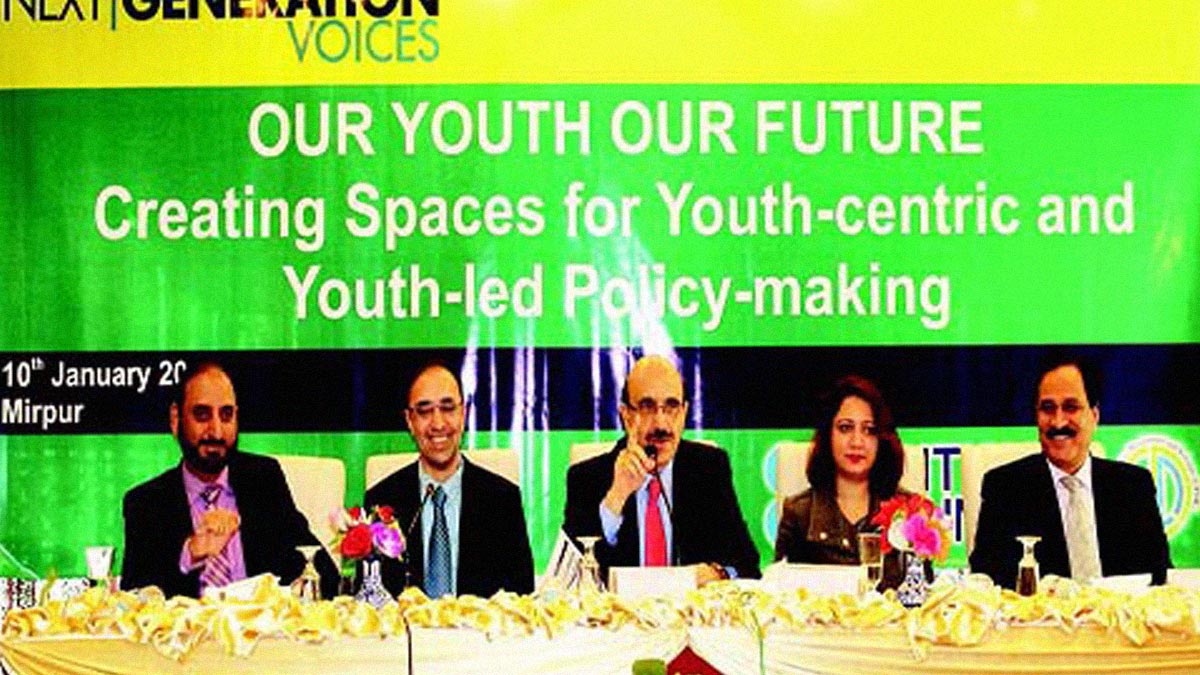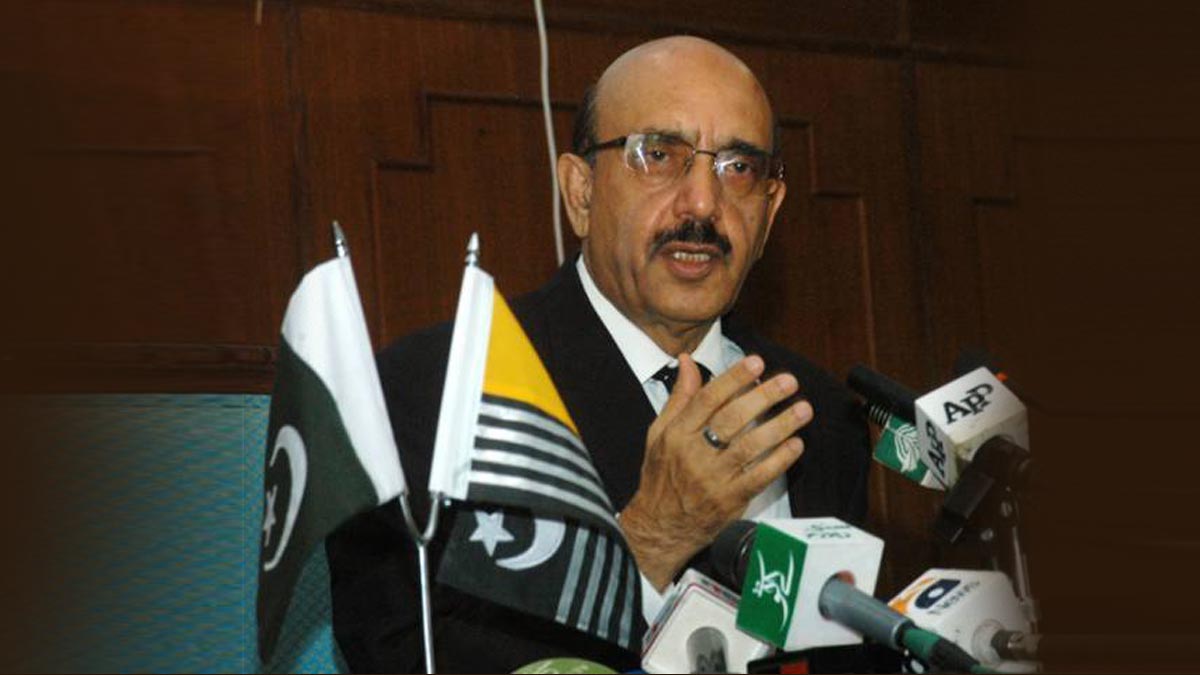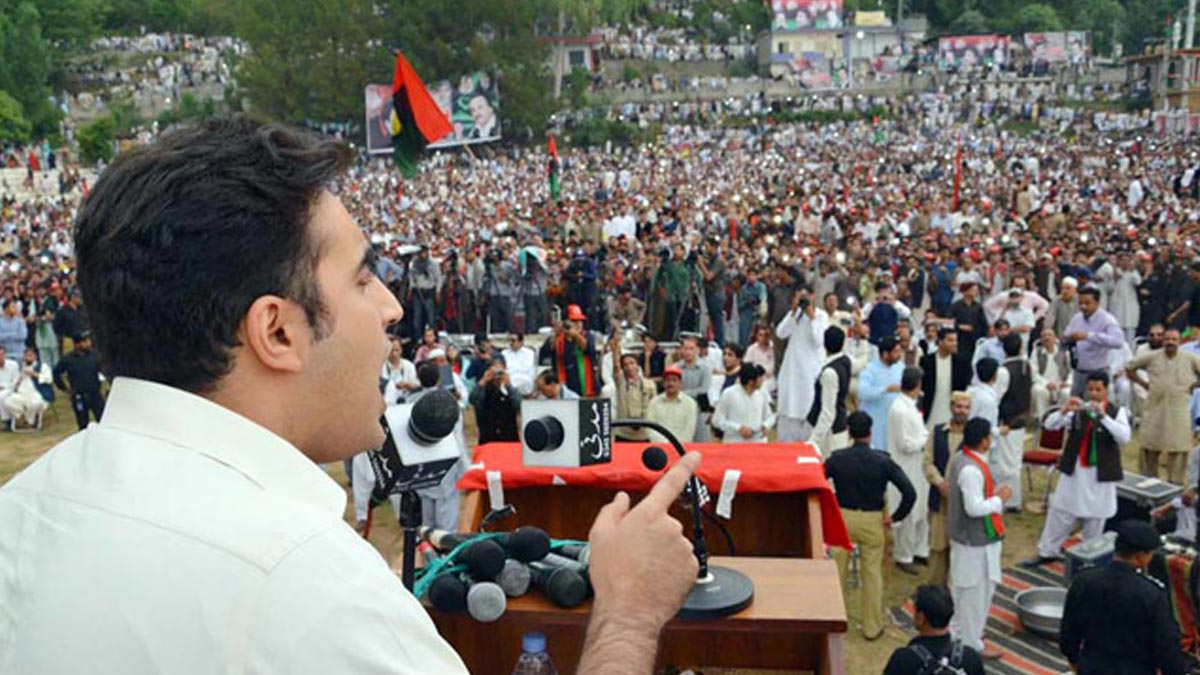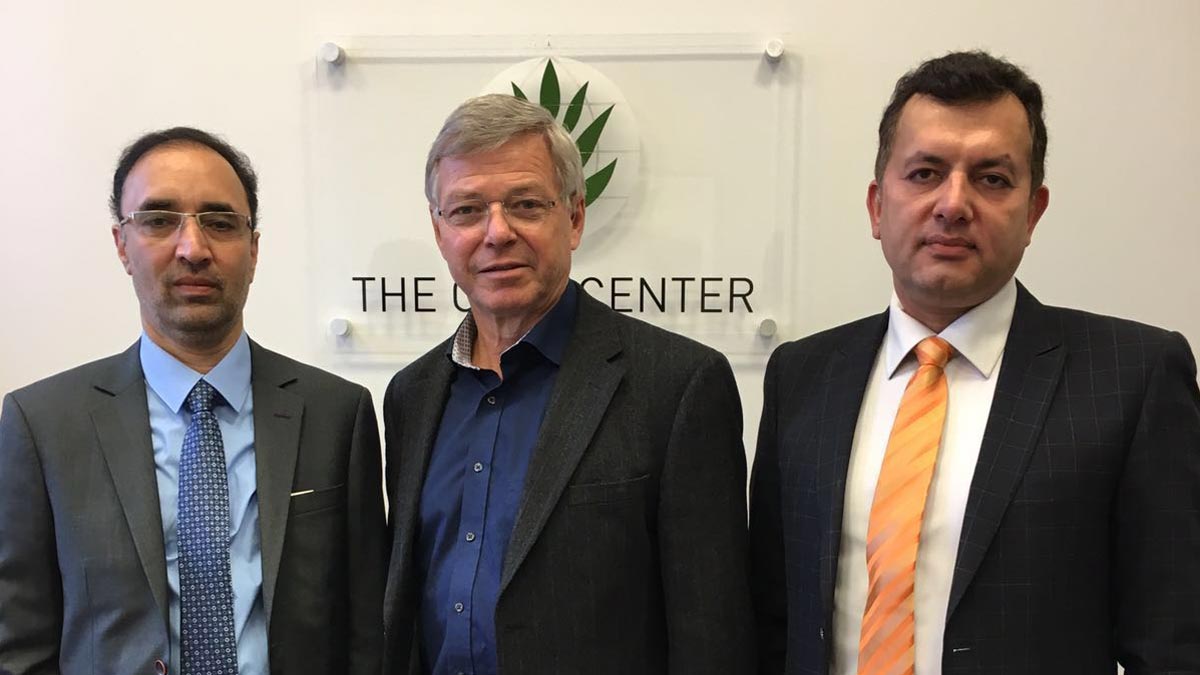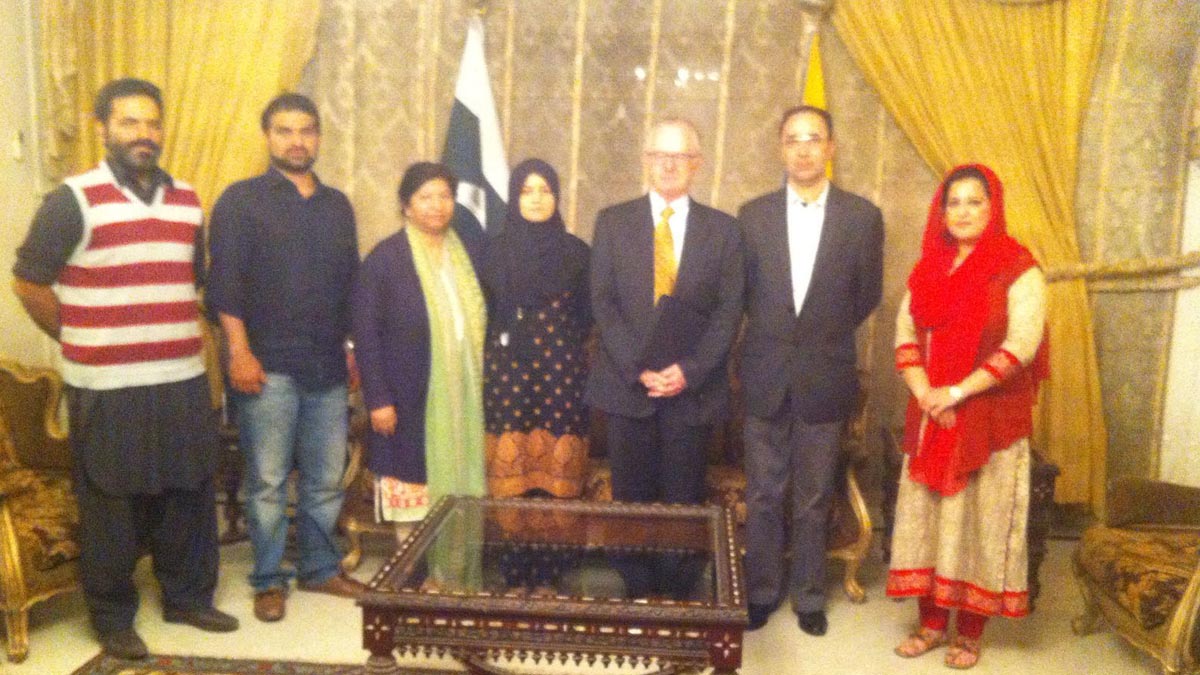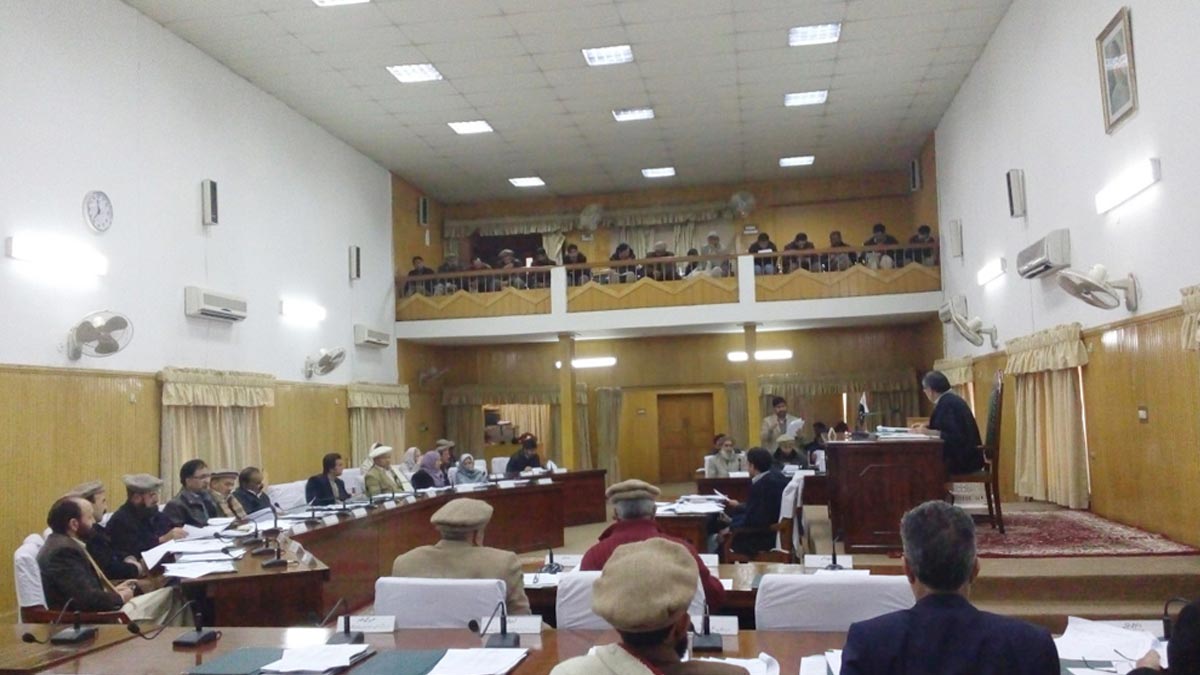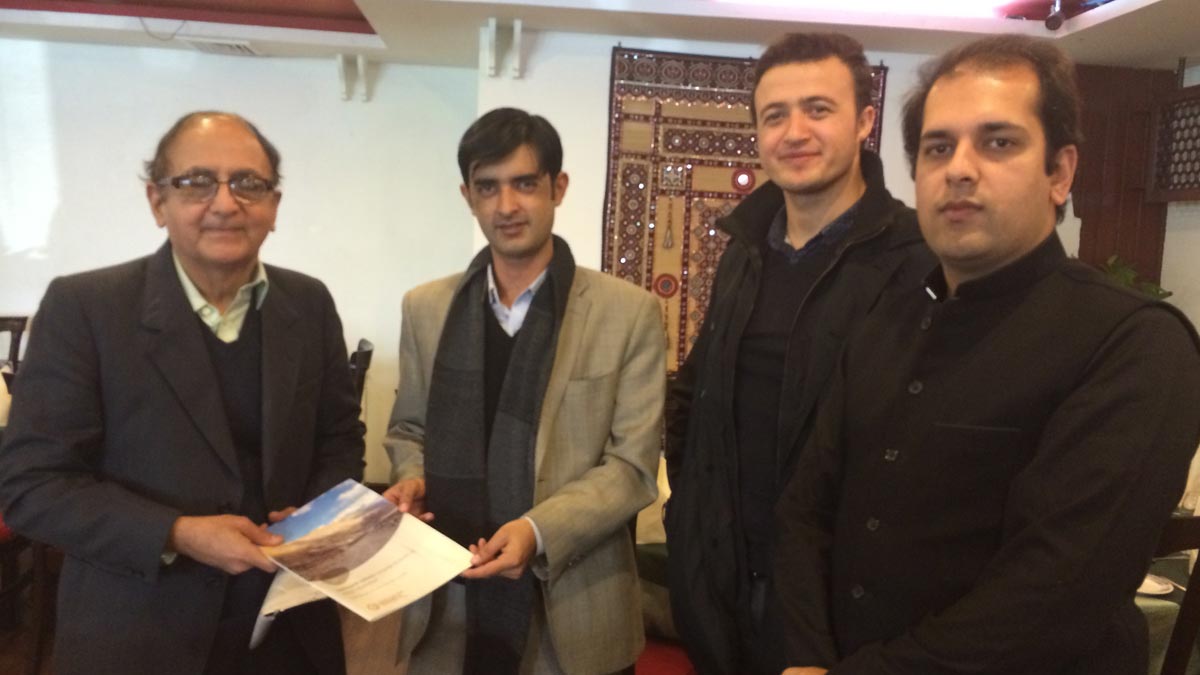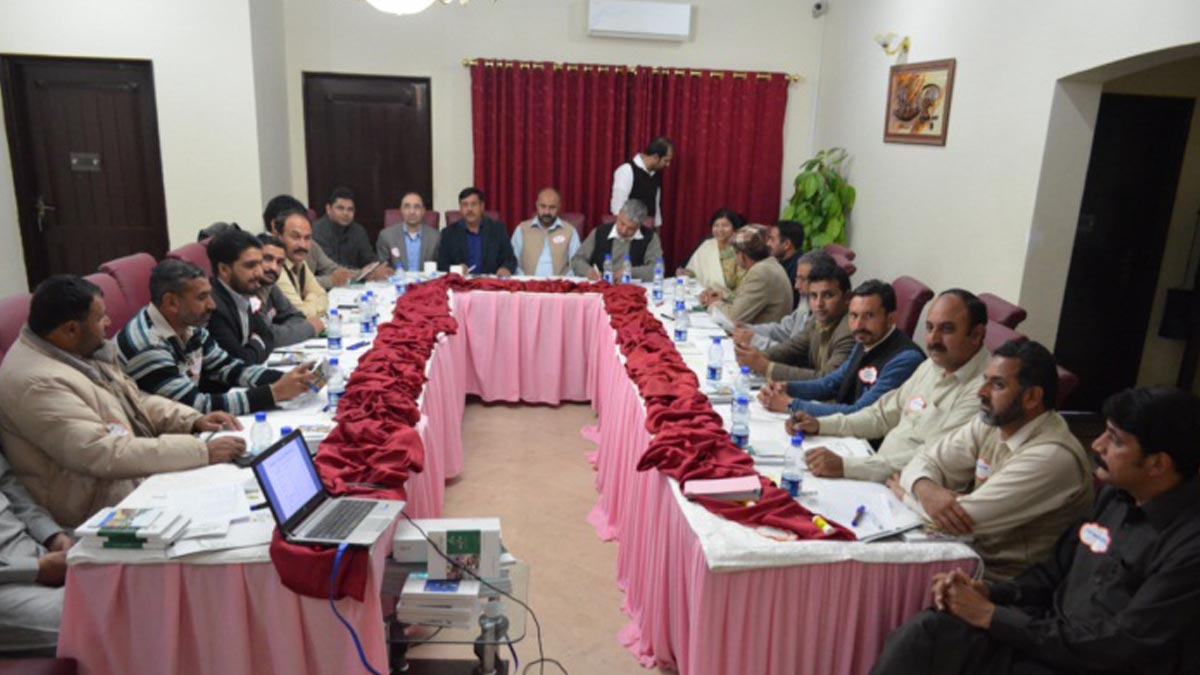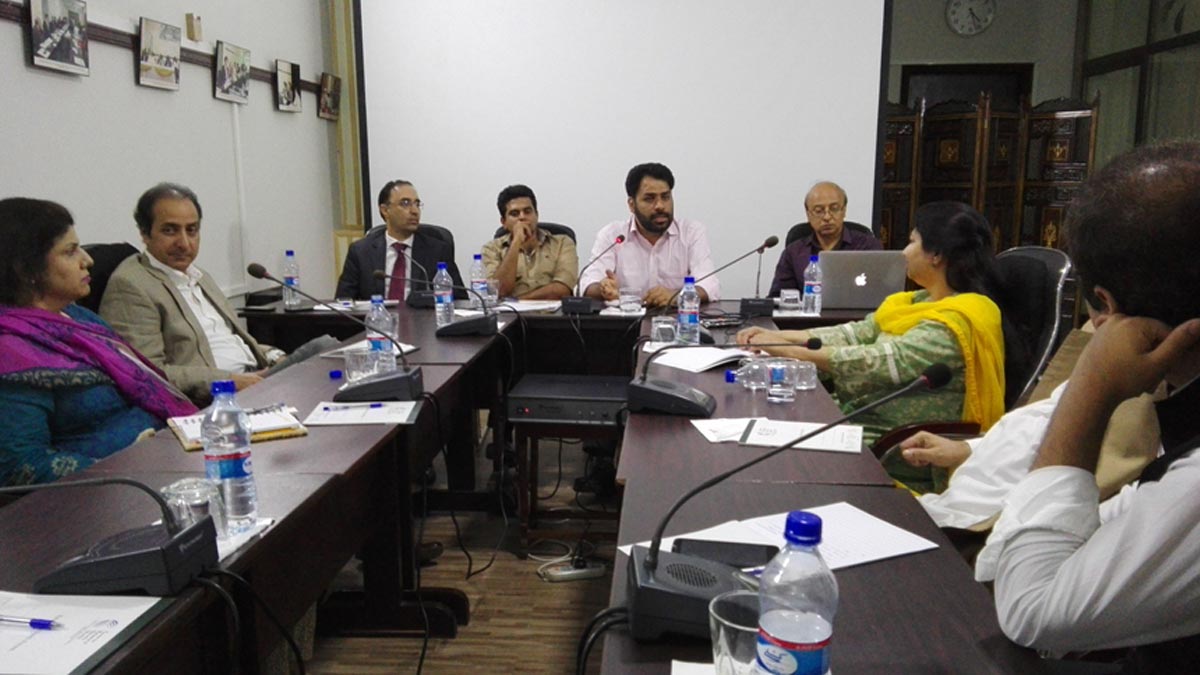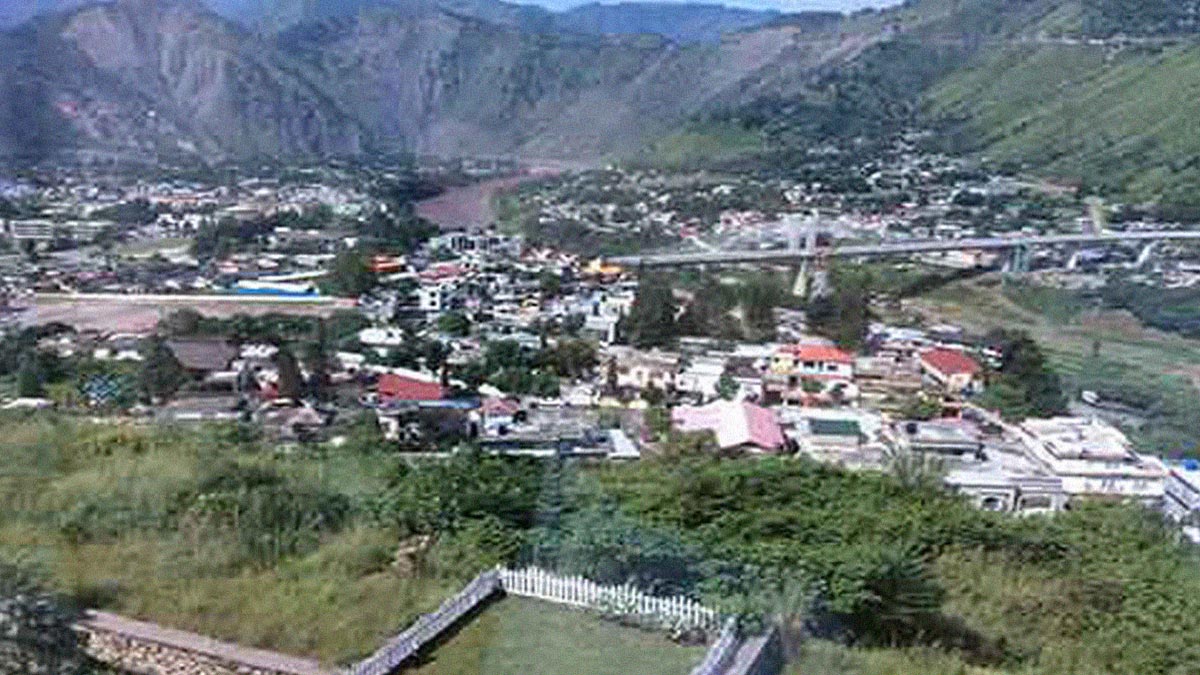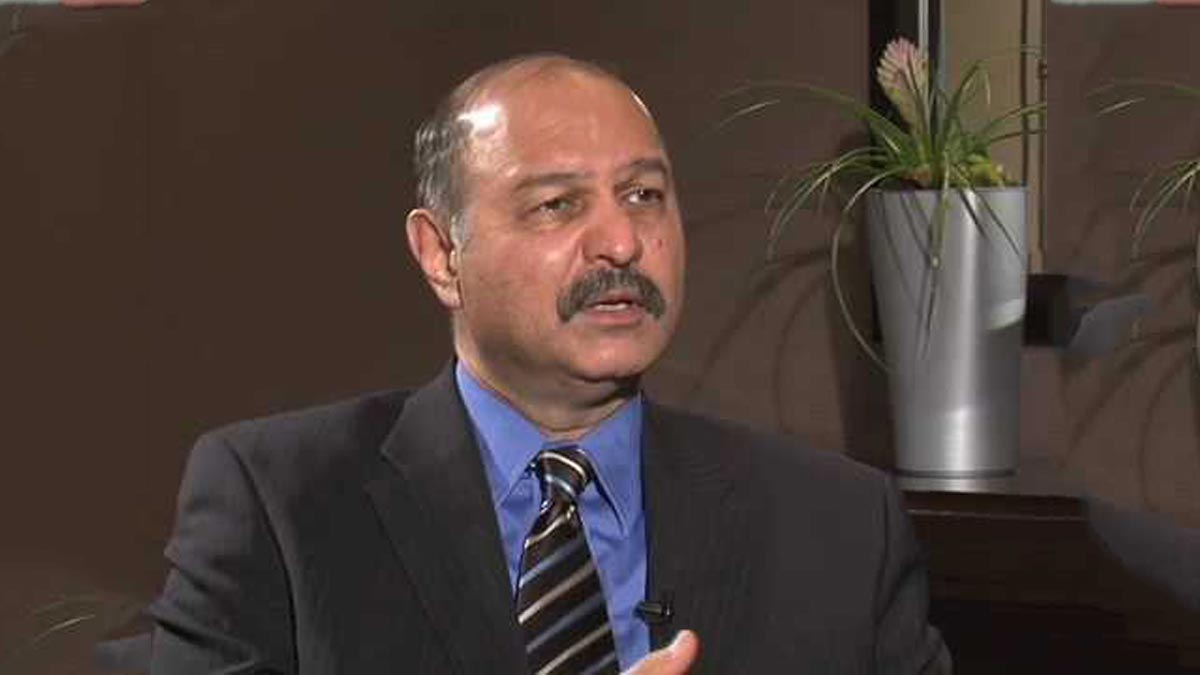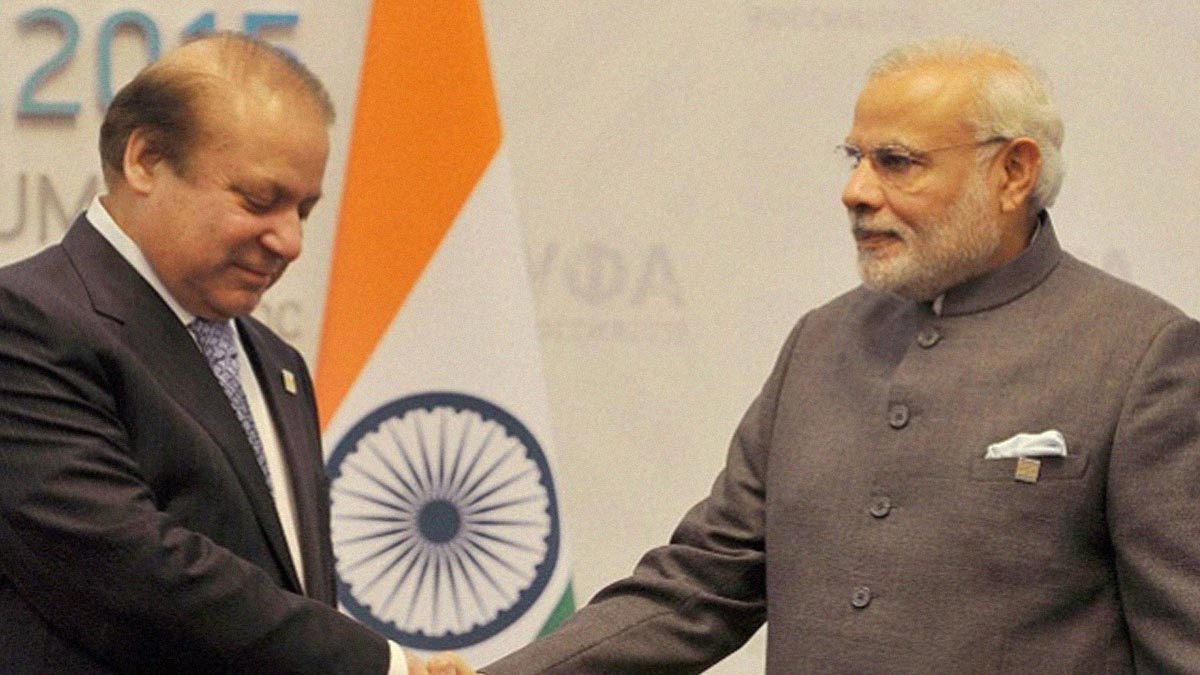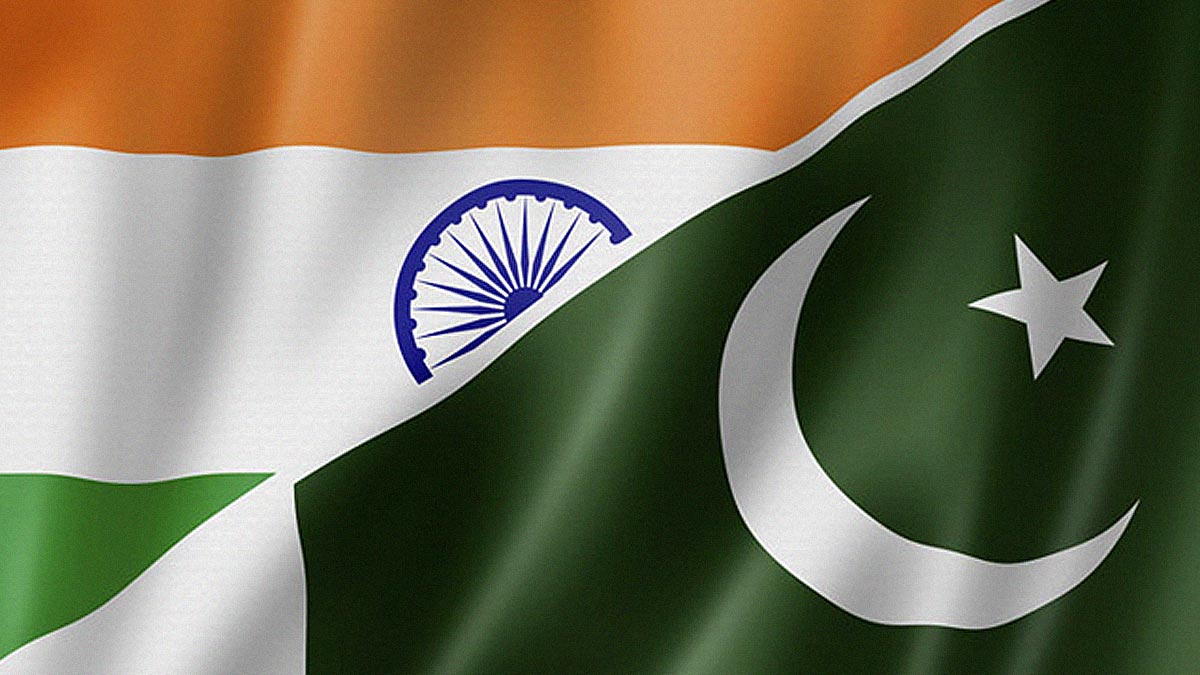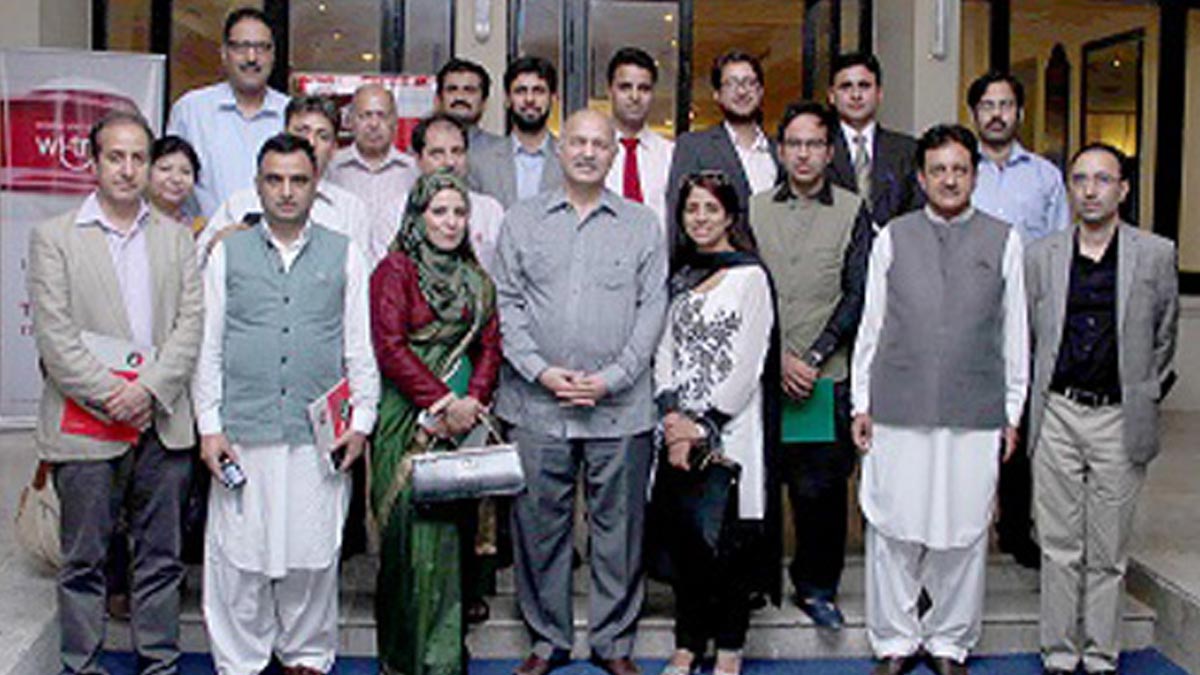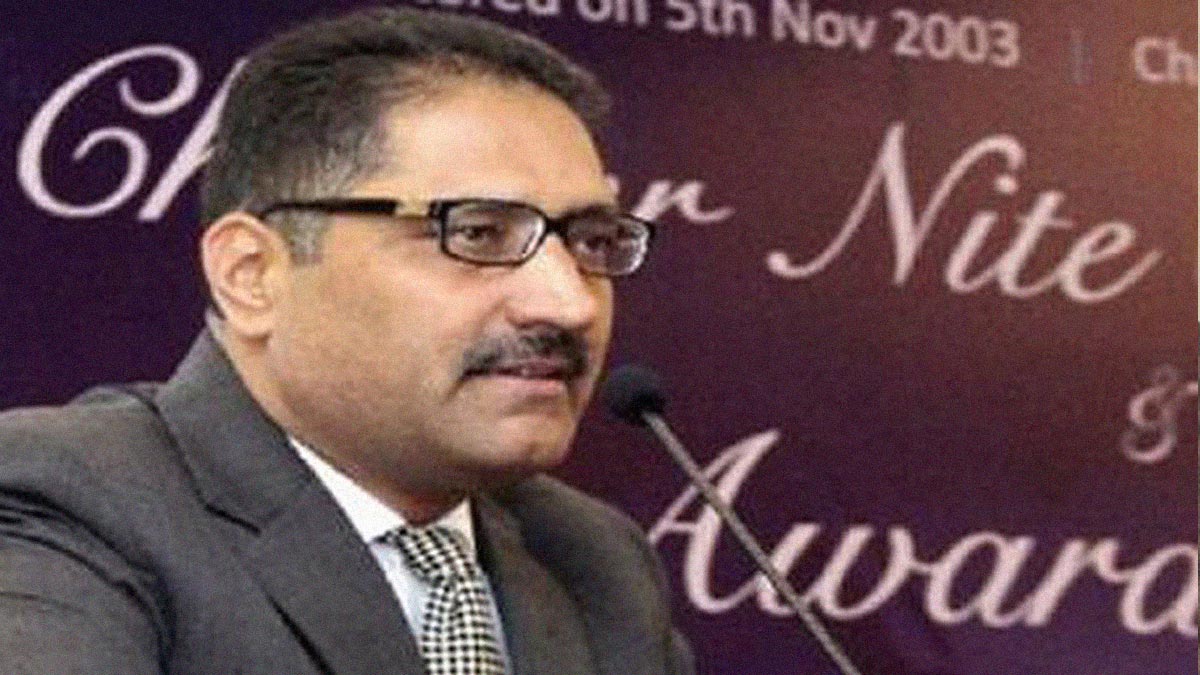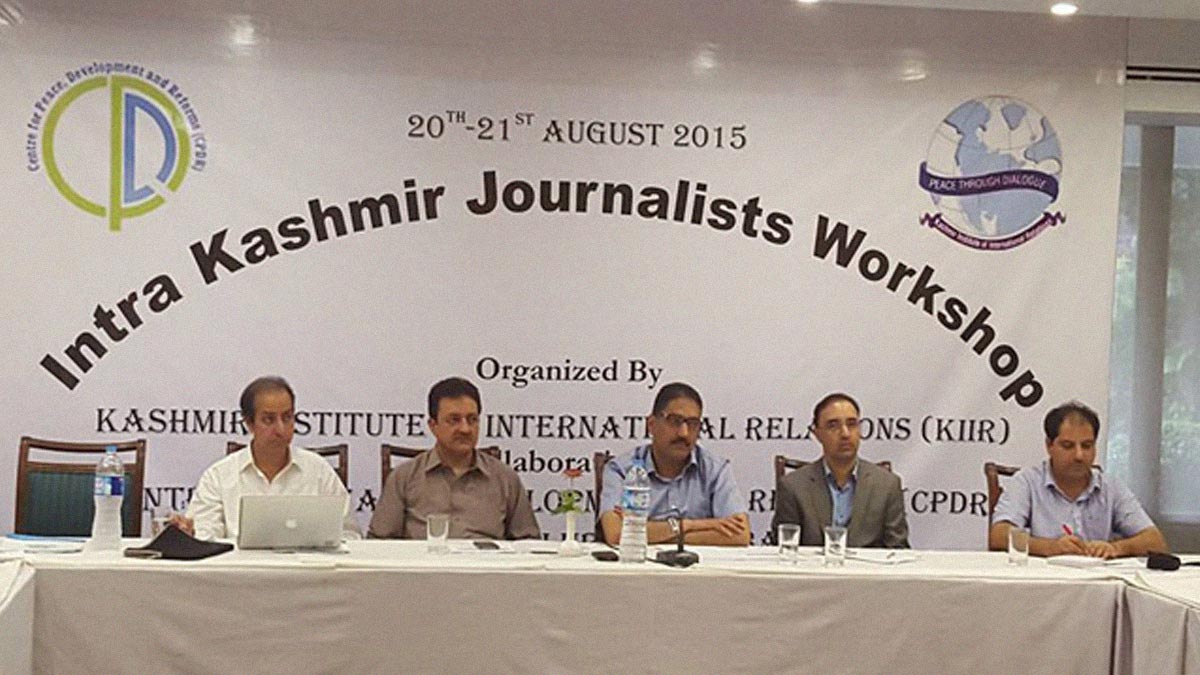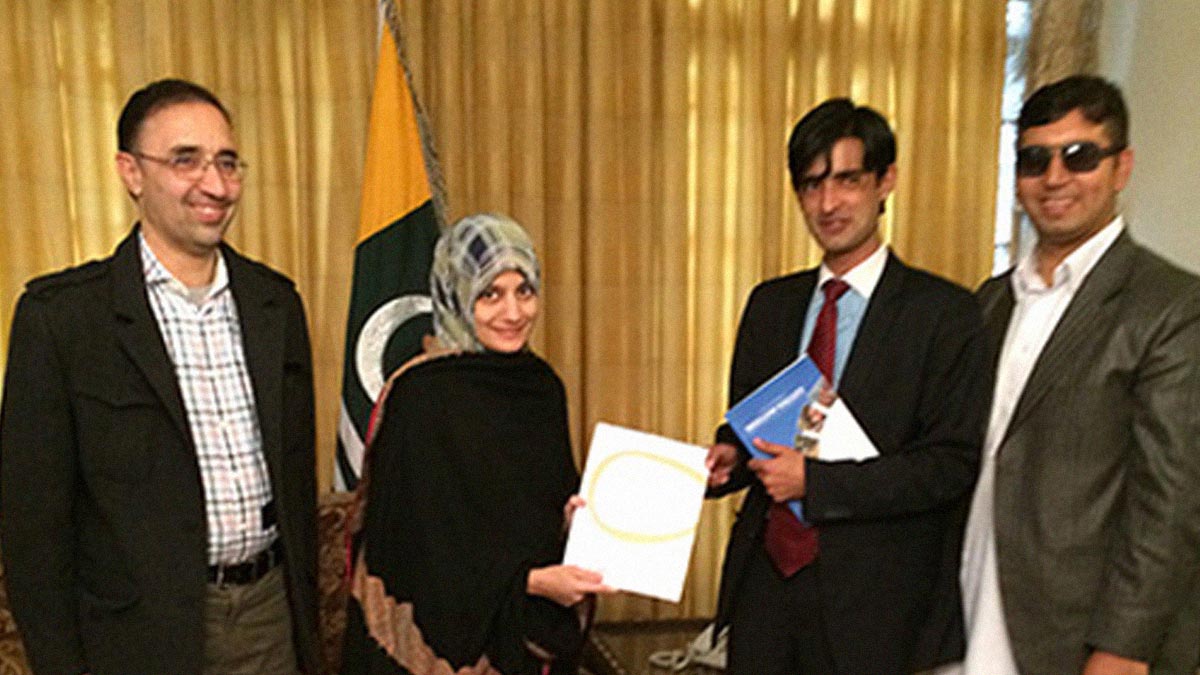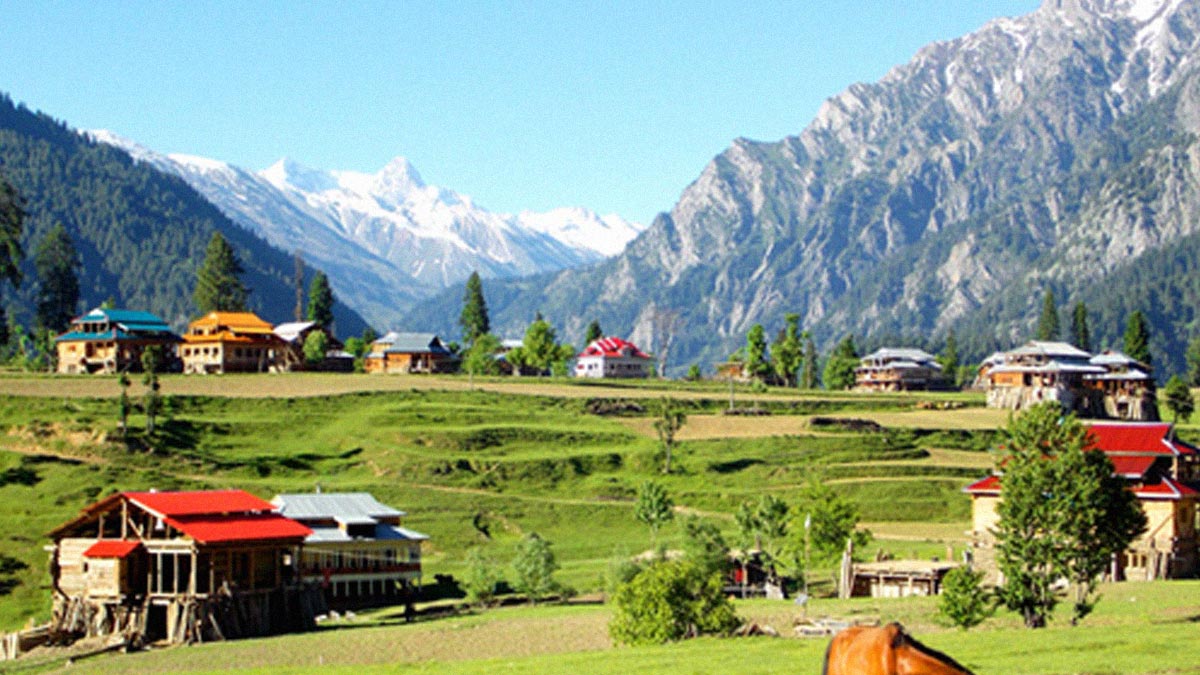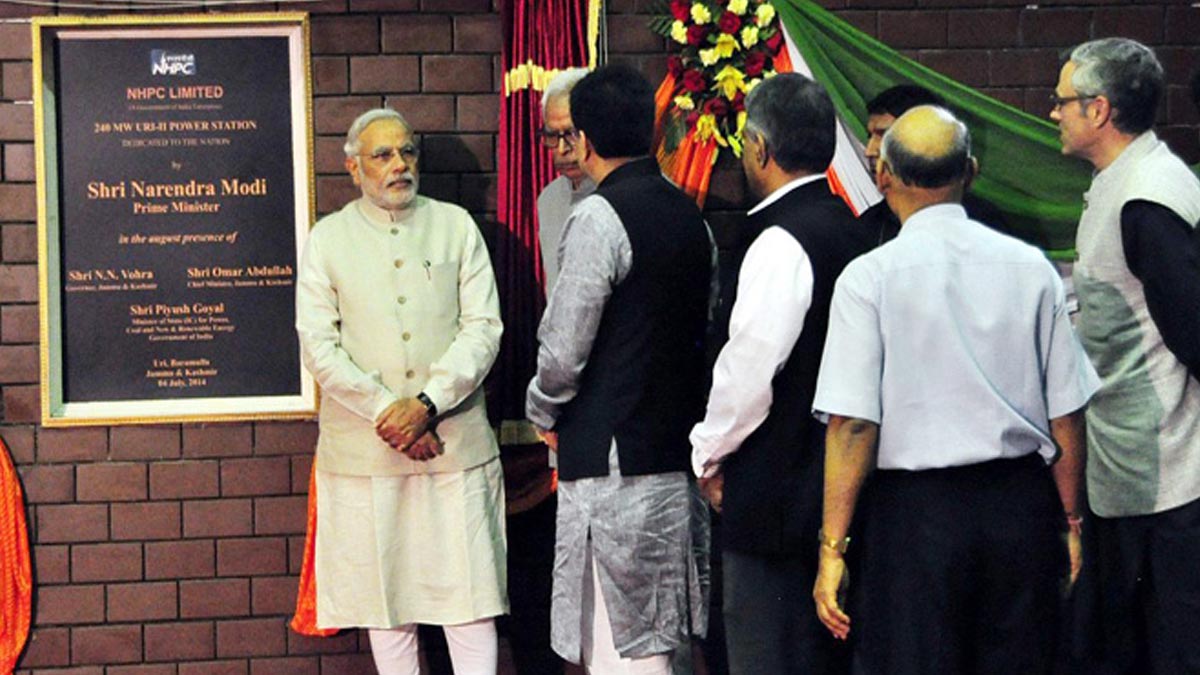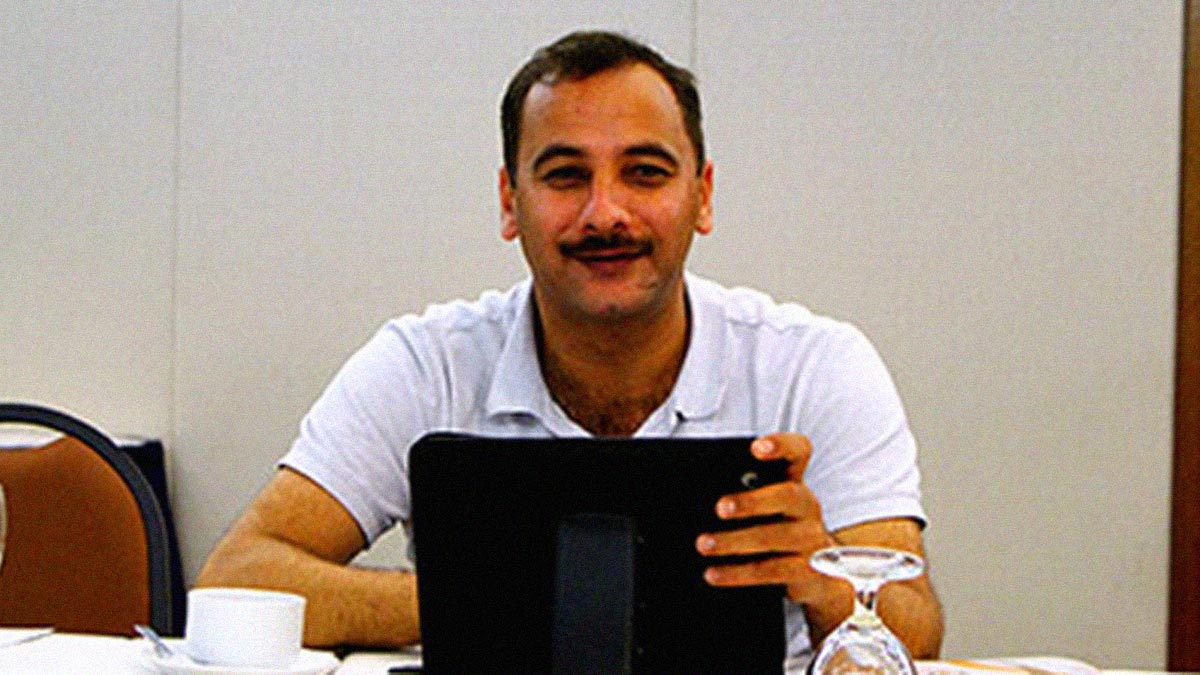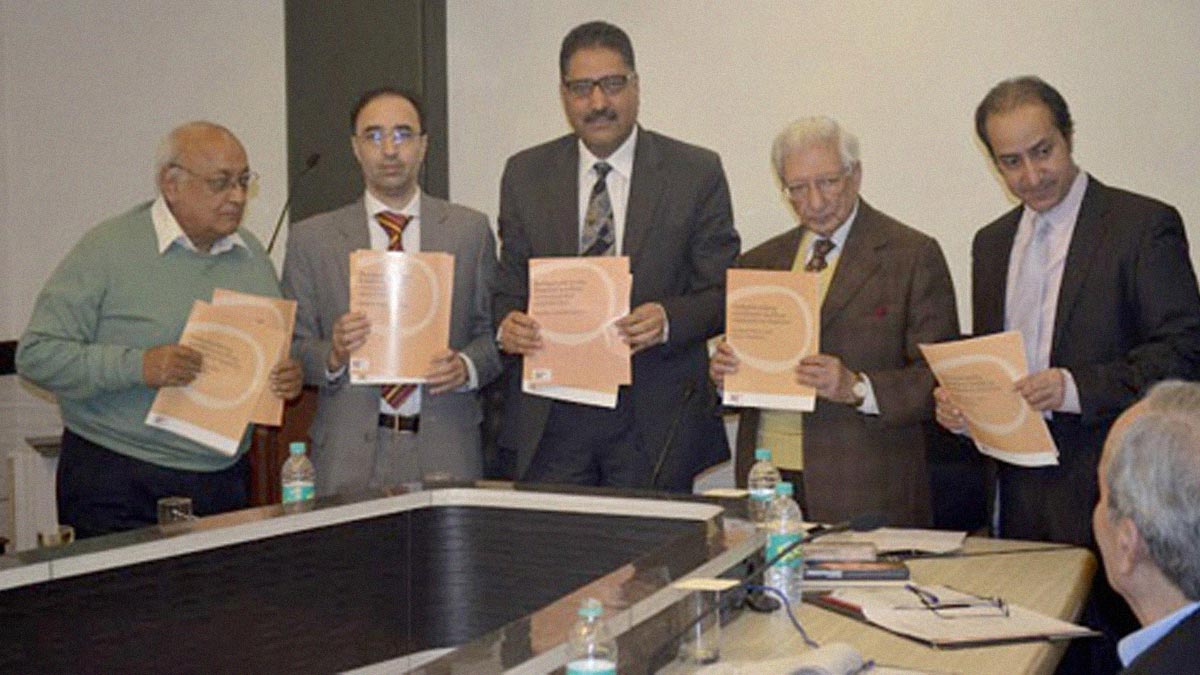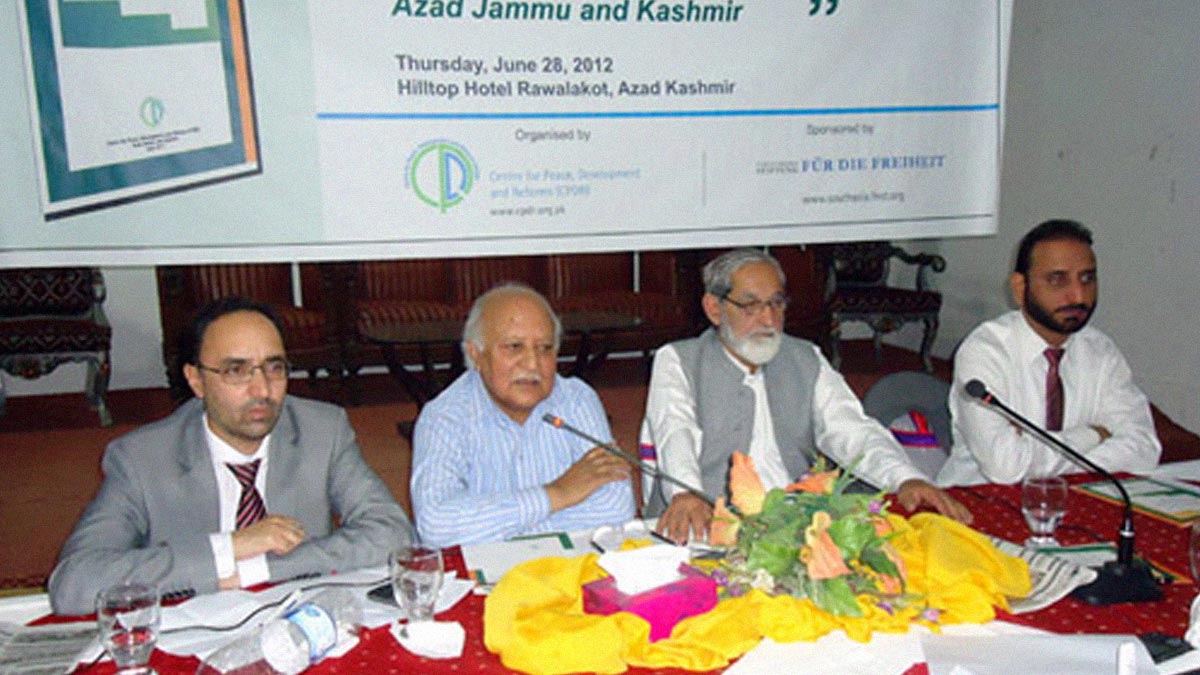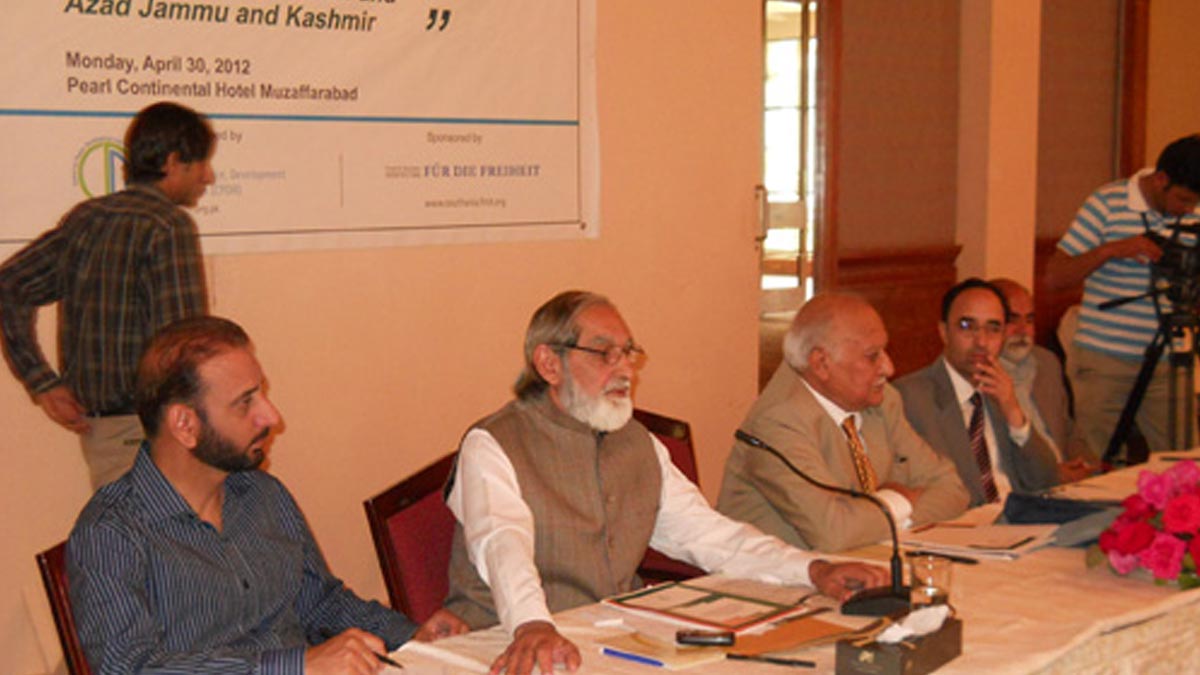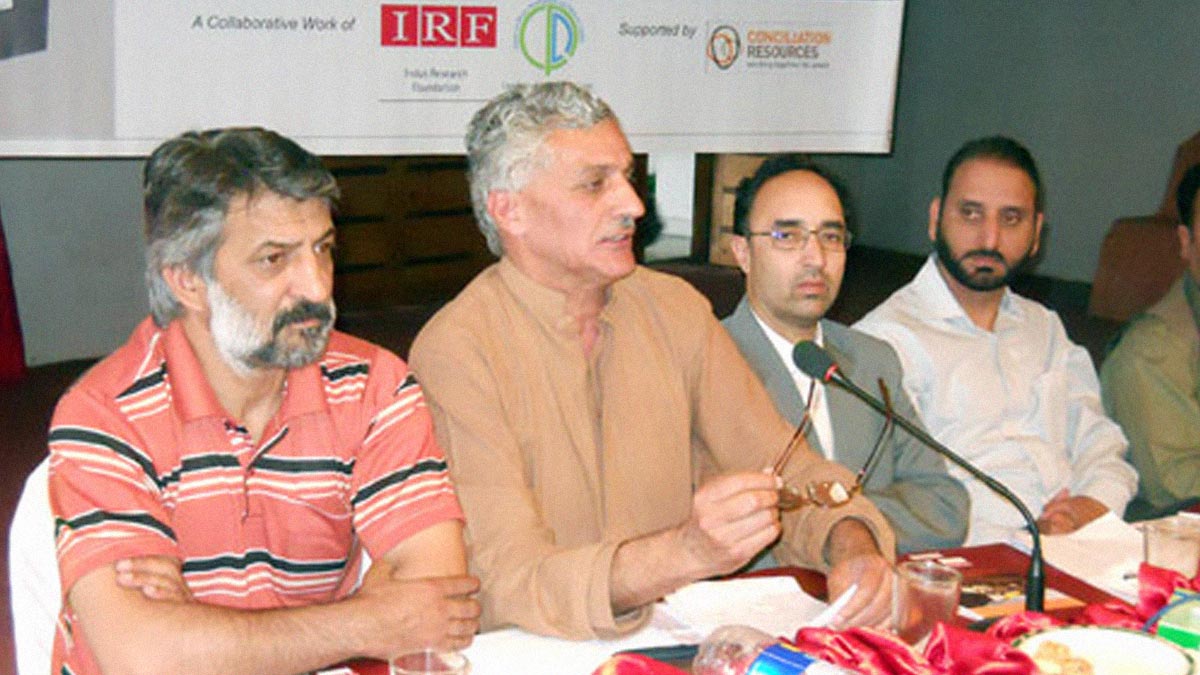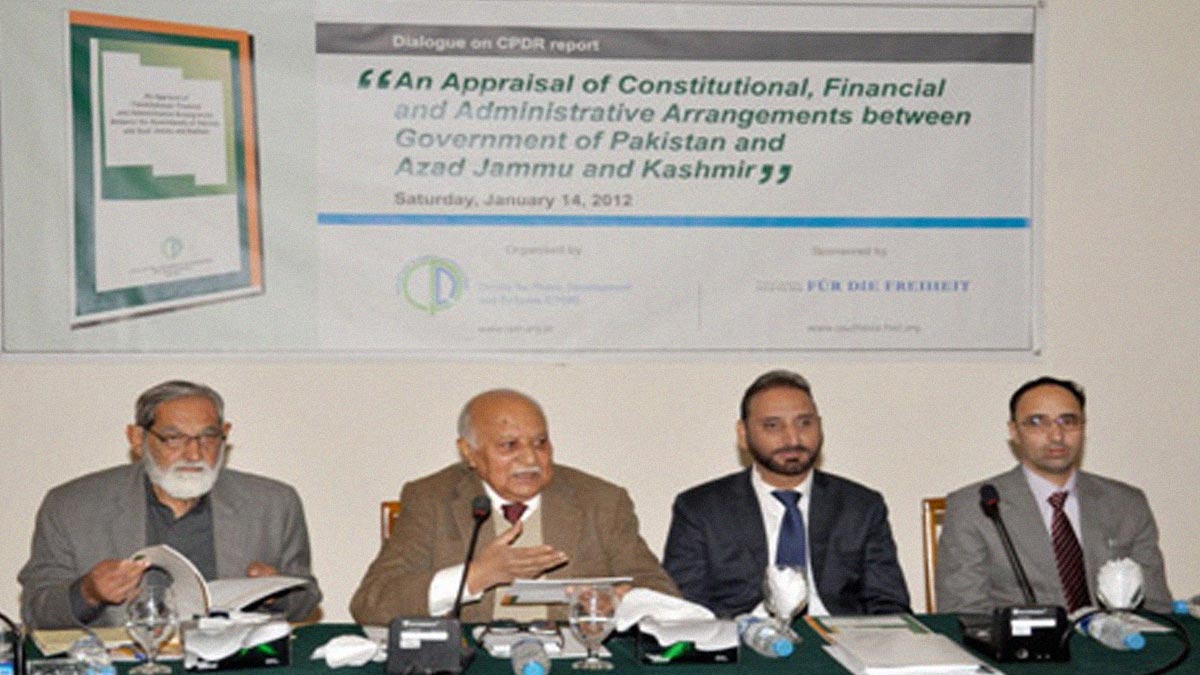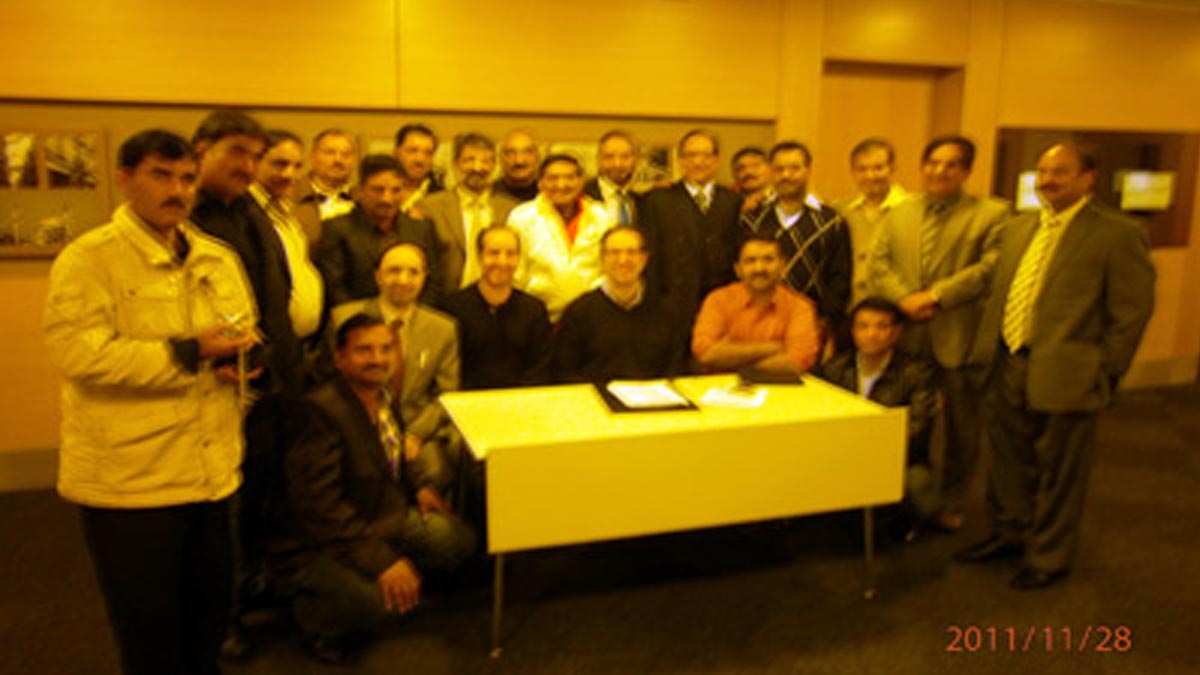- September 5, 2010
- @admin
- 0
- 05th September 2010
- Ershad Mahmud
Pakistan’s lukewarm response to the current uprising in Kashmir Valley stunned many worldwide while a heated debate about the upsurge led by local youth attracted Indian and world media alike. Islamabad used to speak on behalf of the people of Jammu and Kashmir particularly since the eruption of 1990s mass movement. Last two decades witnessed that Islamabad never missed any opportunity to criticise New Delhi over human rights violations in Kashmir or marginalising its peoples’ aspirations.
Does it indicate Islamabad has adopted hands-off-Kashmir policy and is gradually disengaging itself or has overlooked Indian designs in the region? Several questions are asked by observers and particularly Kashmiris, though no official version is available about this paradigm shift. But a sequence of events shows that Islamabad is now following a more mature and well thought-out policy on Kashmir.
Islamabad believes that New Delhi would not be able to reconcile with the people of Kashmir particularly the youth of Kashmir in foreseeable future. No matter, how huge the investment in building state of the art infrastructure or creating employment opportunities, it will not pay off unless it amicably addresses political dimension of the issue and particularly its external aspect such as its relationship with Pakistan. It is also a matter of fact that dialogue between All Party Hurriyat Conference (APHC) and New Delhi or any other political player could not yield anything tangible to market so far.
Secondly, the sentiment of Azadi has successfully transferred to a new generation that has proved that it can unnerve Indian rule in Kashmir without resorting to violence through street agitation. They use non-violent means which are the only available tool to advance political objectives in the today’s world. The New York Times aptly described the present nature of Kashmiri uprising in August 14 publication. It says that “today they (Indian forces) face a threat potentially more dangerous to the world’s largest democracy: an intifada-like popular revolt against the Indian military presence that includes not just stone-throwing young men but their sisters, mothers, uncles and grandparents.”
Besides, as long as Indian forces are engaged in Kashmir it cannot avoid human rights violations. The consecutive incidents of human rights violence have played instrumental role to create unbridgeable gulf between the common man and state of India in Kashmir. These tragic events acted as catalyst to bring an impressive chunk of population on the streets who fearlessly challenged the state forces across the Valley. Several times, curfew was broken by spontaneous protests. Ironically, Indian army command is unwilling to demilitarise even from the urban areas or repeal the Armed Forces Special Powers Act (AFSPA), a law that gives security forces powers to operate without fear of prosecution.
Additionally, it reinvigorated the long missing indigenous character and non-violent face of the people’s movement. It is widely acknowledged not only in India but also world over that the new upsurge has nothing to do with Pakistan or radical militants. This kind of movement has the potential to elicit support from within Indian civil society, which is considered essential element to solve the problem.
On the other hand, Islamabad holds little international standing and credibility. It is obvious that international community is not willing to support the Kashmir cause on the behest of Pakistan. It has made various major mistakes in Kashmir during receding decades. It encouraged Islamic militancy which eventually marginalised the local and particularly the nationalist forces. Islamabad’s wrong policies turned indigenous uprising into an Islamic and broadly Sunni-extremist led movement which resulted into zero international support. Another major debacle was Kargil adventure which internationally bracketed the entire Kashmir issue with terrorism and also dubbed Pakistan as an irresponsible country.
Although Pakistan is party to the dispute and has locus standi to intervene or advance its interest, it is a known fact that hitherto its efforts have produced no tangible results. If Kashmiris continue their struggle by employing non-violent means, it has the potential to garner huge international support to forward their objectives. For instance, during the last two months almost all major media outlets have been publishing or airing the news and views about Kashmir. Hardly anything appeared against the Kashmiri aspirations. It proves that the world opinion is largely against violence and not political movements and does not favour state repression.
It is argued that if Pakistan does not come up with a firm stand in favour of Kashmir, it might lose the traditional support in Kashmir Valley. Besides, it would help Kashmiri nationalists to improve their idea of independent Kashmir which is obviously not plausible for Pakistan as Islamabad fears that it might gain popular support in the areas under its controls particularly in Azad Kashmir.
However, this argument is deeply flawed. As long as Islamabad continues its diplomatic and moral support to Kashmiris, they will not turn their backs on Pakistan. Another hard reality is that they do not have any other option but to seek Pakistan’s support to further their goals.
Pakistan should continue to avoid jumping into the current Kashmir situation as it will not gain anything. It should not turn into an India-Pakistan traditional blame game. Its local character and non-violent face should be preserved at any cost. Nonetheless, it does not mean that Islamabad should abandon its role. It can press upon New Delhi to provide space to peaceful movement and that a stone-thrower does not deserve to be treated as a militant. Secondly, human rights violations should not go unchecked.
The writer is Islamabad-based analyst. He can be reached at ajkrawalakot@gmail.com
URL : www.jang.com.pk
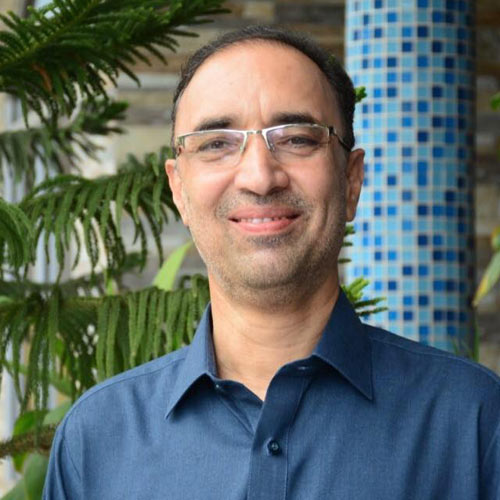
Ershad Mahmud
The writer is a freelance contributor. He can be reached at:


